Software engineering remains in the middle of technological innovation, powering things from mobile applications, through cloud platforms, artificial intelligence, and cybersecurity, and so on. And as technology rapidly advances, so do the challenges and opportunities that come with software development. This, therefore, presents a great deal of opportunity for exploration and innovation for PhD researchers. This blog describes some of the key research trends in software engineering that will shape the future of technology.
1. AI and Machine Learning in Software Development
Artificial Intelligence and Machine Learning spring up a new way that software is developed, designed, and maintained. The researchers are concerned with:
• Coding Automation Coding generation or creating codes automatically is a way that can create snippets of code to increase productivity using AI-powered tools such as GitHub Copilot.
• Bug-Finding and Correction It uses ML algorithms trained against detection of vulnerabilities or issues in the code along with automatic recommendations on how to go about fixing the issues for easy coding.
• Predictive Maintenance AI based model uses software model predictions for faults that could occur and also gives actions that may need to take place before such faults happened.
Topic of Research: Making AI models more accurate and reliable for complex coding environments.
2. DevOps and Continuous Integration/Delivery (CI/CD) Automation
The increase in work demands of DevOps has brought some critical attention towards automation in the software development circles. My PhD research is exploring...
• Intelligent Pipelines: Using artificial intelligence to improve various stages in the continuous integration and continuous delivery (CI/CD) process for faster releases.
• Infrastructure as Code (IaC): Change infrastructures of setup through automation to develop scale.
• Testing Automation: Test framework using artificial intelligence to catch edge cases and performance bottlenecks.
Focus of Study: Reduce deployment failures and increase automation efficiency.
3. Quantum Computing and Software Development
Quantum computers promise to solve complex problems that classical computers cannot. Key areas of research are these:
• Quantum Algorithms – Development of algorithms, which work on faster solutions through quantum mechanics.
• Quantum-Safe Cryptography – Creating a protective shield against artificial attacks from quantum software systems.
• Hybrid Systems – Working with both classical and quantum computing for more sophisticated evolutionary solutions.
Field of Study: Development and Optimization of Robust and Scalable Quantum Software Frameworks.
4. Cybersecurity and Privacy
Connecting software systems more broadly means that we are in need of very good security measures. Our PhD researchers are in the process of:
- Zero Trust Architectures-Insecure by default for user and devices.
- Privacy-Preserving Algorithms-Encryption methods that protect user data without degrading performance.
- Automated Threat Detection-Artificial Intelligence used against cyber threats in any real time.
Research Focus: Balance between security and system function performance on the one hand and user experience on the other.
5. Blockchain and Decentralized Applications (DApps)
Trust and transparency in software systems are being redefined with blockchain technology. Some of the developing research areas include:
The scalability solutions are overcoming speed
limitations for transaction processing faced by legacy blockchain networks.
Smart Contract Verification ensures the gadgets work with precision and safety
when deployed in a blockchain.
Decentralized identity systems give users control over their data through a
blockchain.
The key subject matter is improvement of security and the performance of blockchain networks.
6. Human-Centered Software Engineering
User experience (UX) is becoming very important for software design research focuses on overlaps in HCI and (UX) design.
• Accessibility – Designing software that includes people with disabilities in its use.
• Emotion AI – Comprehending and adapting to a user's emotions through interfaces.
• Gamification – Connected applications of principles underlying game designs to achieve improvements in user engagement and learning.
Research focus: How to create software that is intuitive and emotionally intelligent.
7. Green Software Engineering
Sustainability is becoming a priority in software engineering. . Research scholars are exploring:
• Efficient Algorithms: An attempt to lower carbon footprints in large scale computations.
• Eco-Friendly Data Canters: Such software provides maximum energy savings.
• Code Optimization: Aware with writing smart coding to reduce processing power requirements.
Research Focus: Balancing performance against environmental impacts.
8. Low-Code and No-Code Development
In this new era, the researcher has several challenges while working on key research topics:
• Model-Driven Engineering – Automating the generation of complex applications.
• Customization and Flexibility – Ensuring that low-code solutions can handle unique business needs.
• Security and Compliance – Protecting user data in low-code environments.
The research focus is on making low-code platforms more scalable and secure.
Conclusion
Software engineering In the future, PhD research would continue to create waves in software engineering with thrilling domains of AI-based development, cybersecurity, quantum computing, and sustainable software engineering. As technology becomes integral to human life, the demand for more innovative and effective software solutions builds up, hence offering exciting opportunities to grasp the unforeseeable. Are you passionate about software engineering and want to explore advanced research opportunities? Keep up with the hordes of trends and insights; the future of technology would begin with you!
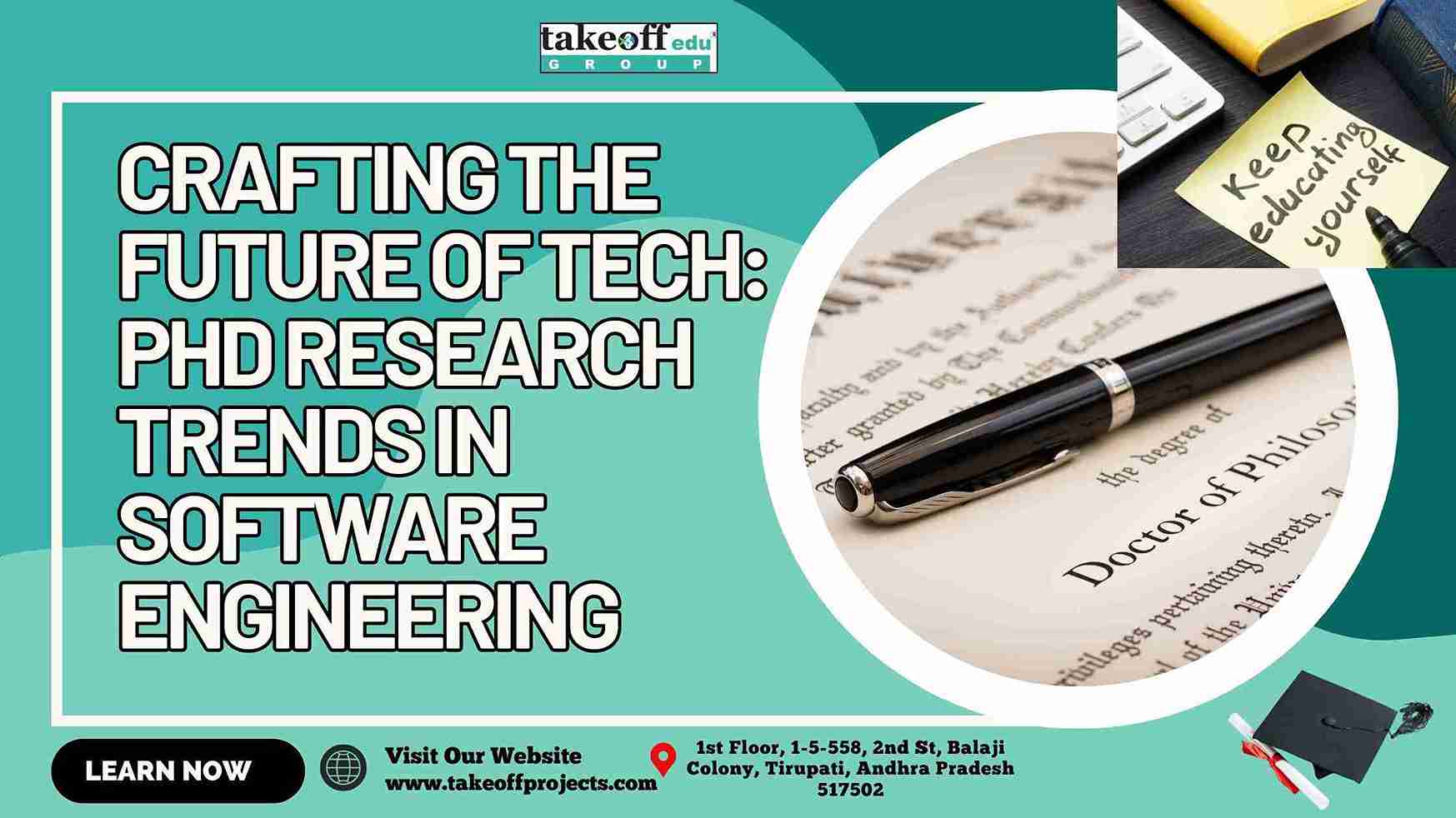
 PhD in Electrical Engineering: Research & Writing Support
PhD in Electrical Engineering: Research & Writing Support  Which are the Best PhD Assistance and Dissertation Writing Services in India?
Which are the Best PhD Assistance and Dissertation Writing Services in India?  How to Choose a PhD Research Domain: EEE, ECE, or CSE?
How to Choose a PhD Research Domain: EEE, ECE, or CSE? 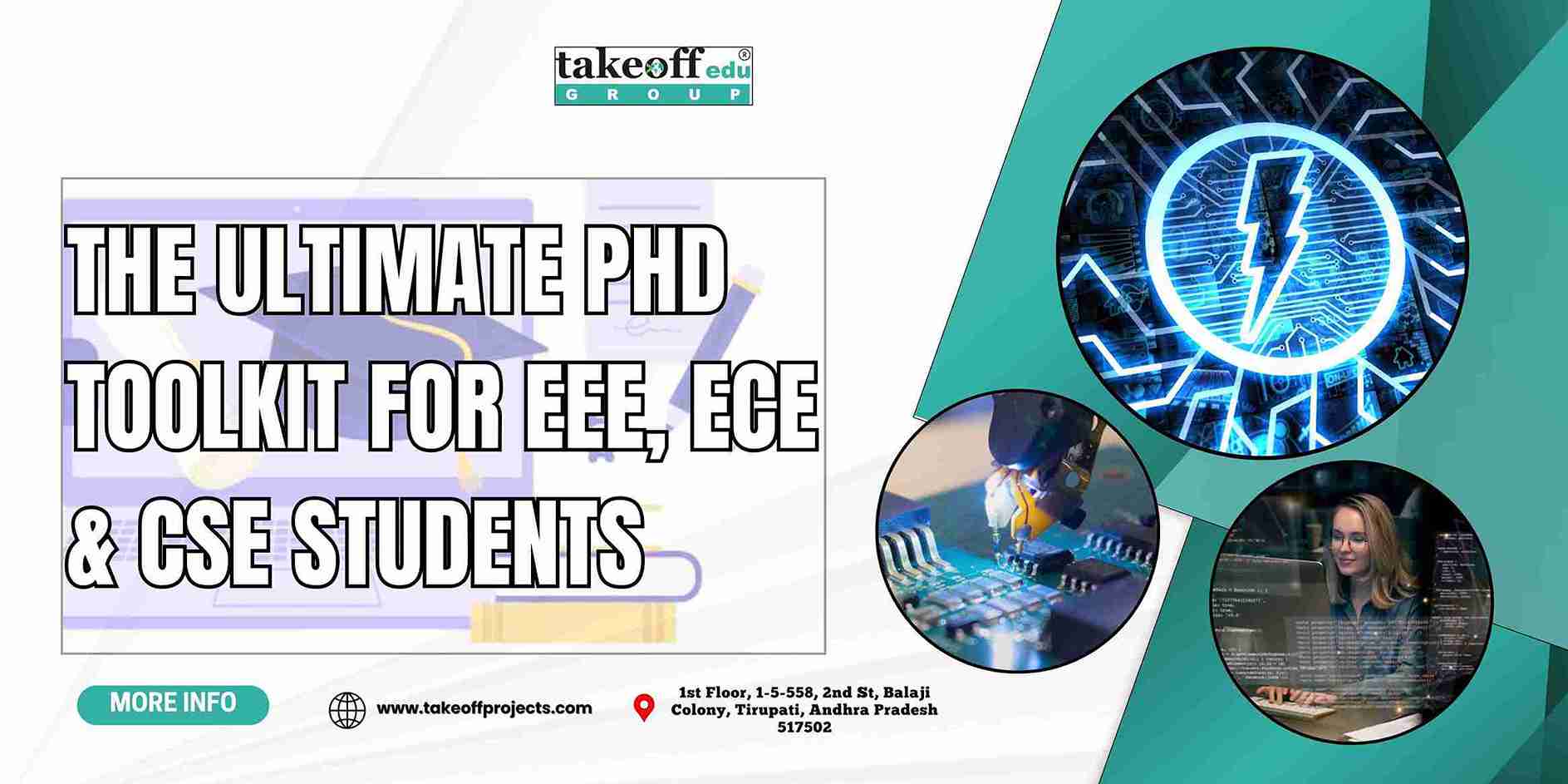 The Ultimate PhD Toolkit for EEE, ECE and CSE Students
The Ultimate PhD Toolkit for EEE, ECE and CSE Students 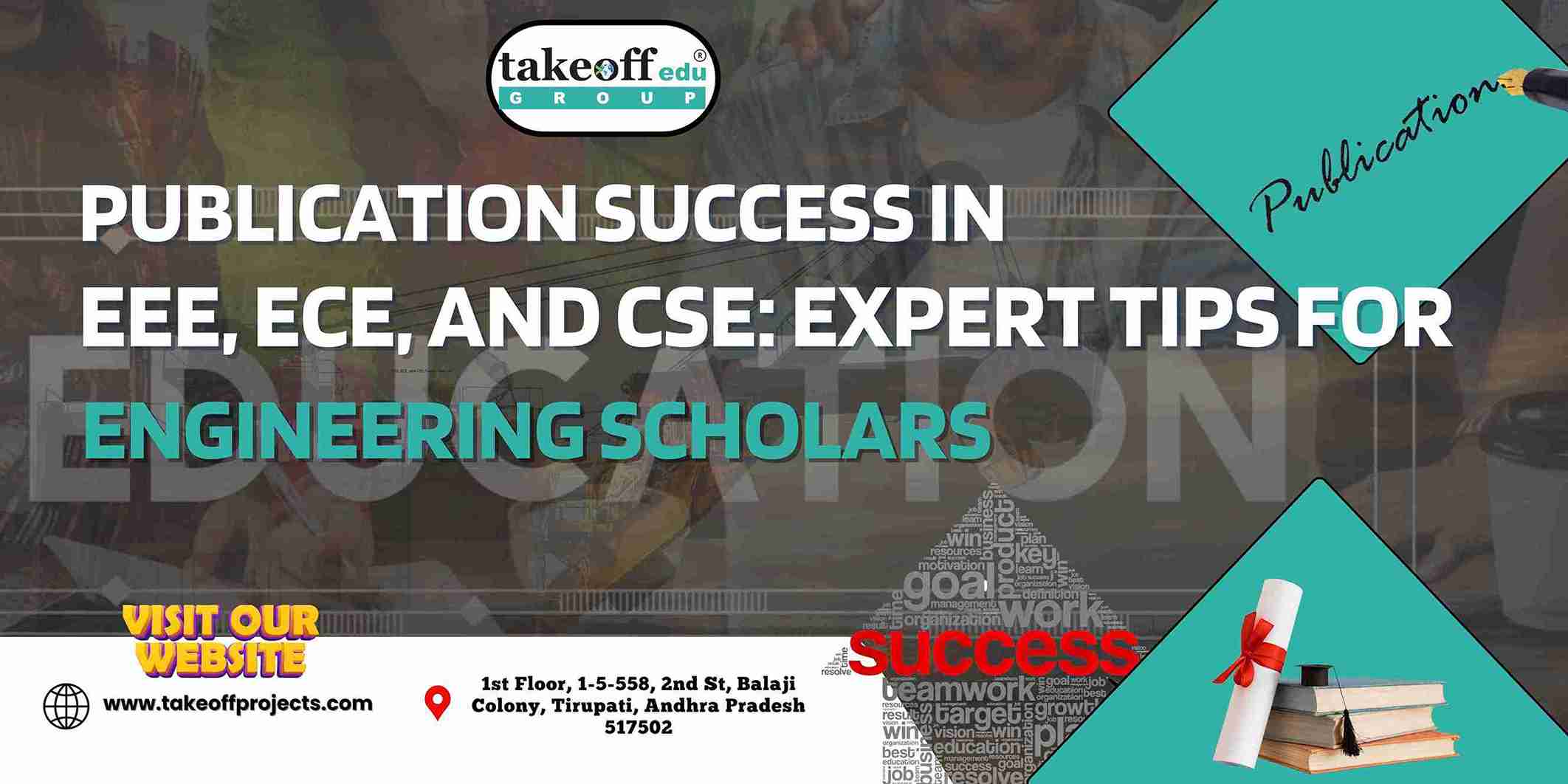 Publication Success in EEE, ECE, and CSE: Expert Tips for Engineering Scholars
Publication Success in EEE, ECE, and CSE: Expert Tips for Engineering Scholars 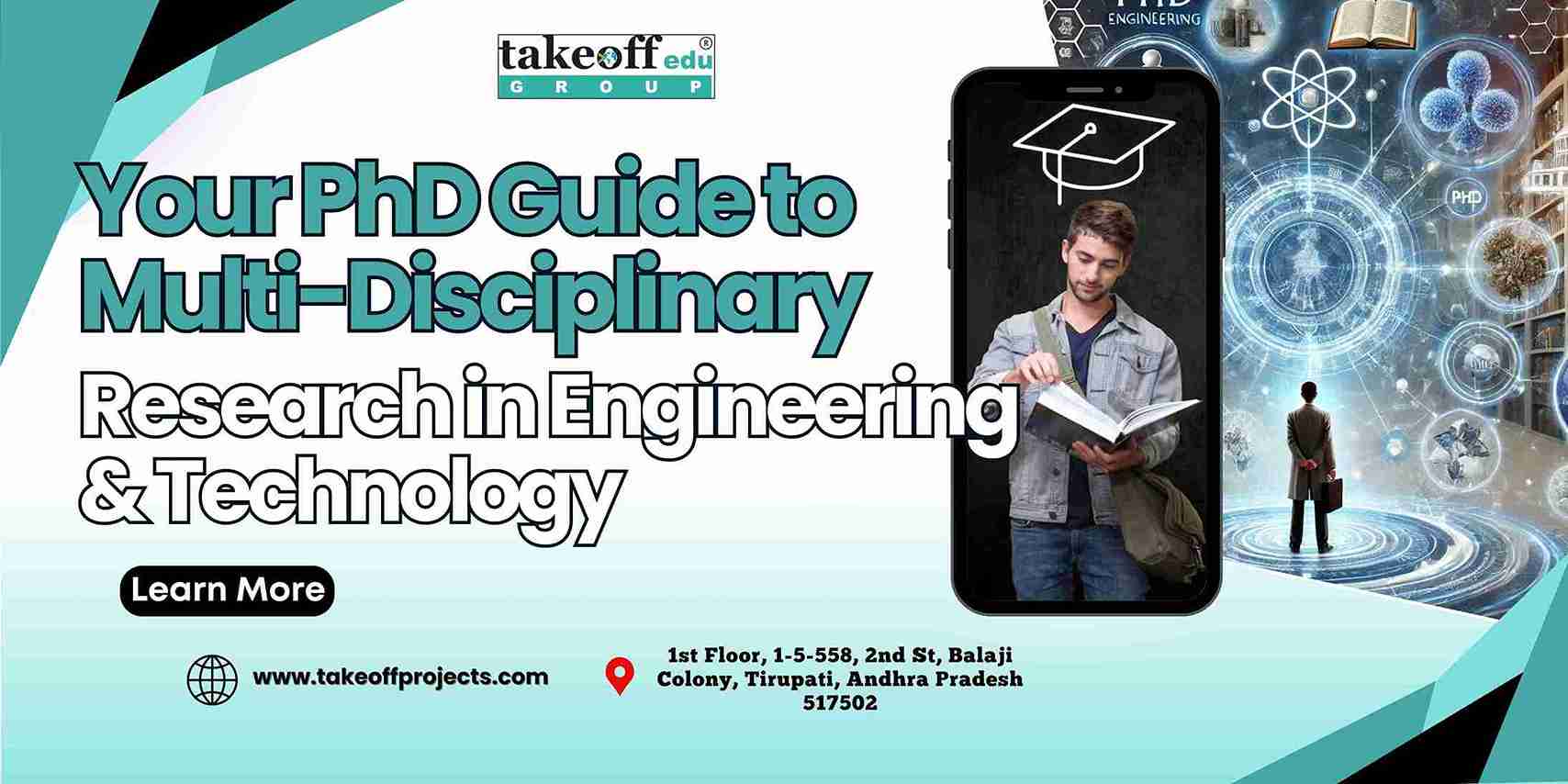 Your PhD Guide to Multi-Disciplinary Research in Engineering and Technology
Your PhD Guide to Multi-Disciplinary Research in Engineering and Technology  Top PhD Topics across EEE, ECE, and CSE: Bridging Innovation and Impact
Top PhD Topics across EEE, ECE, and CSE: Bridging Innovation and Impact 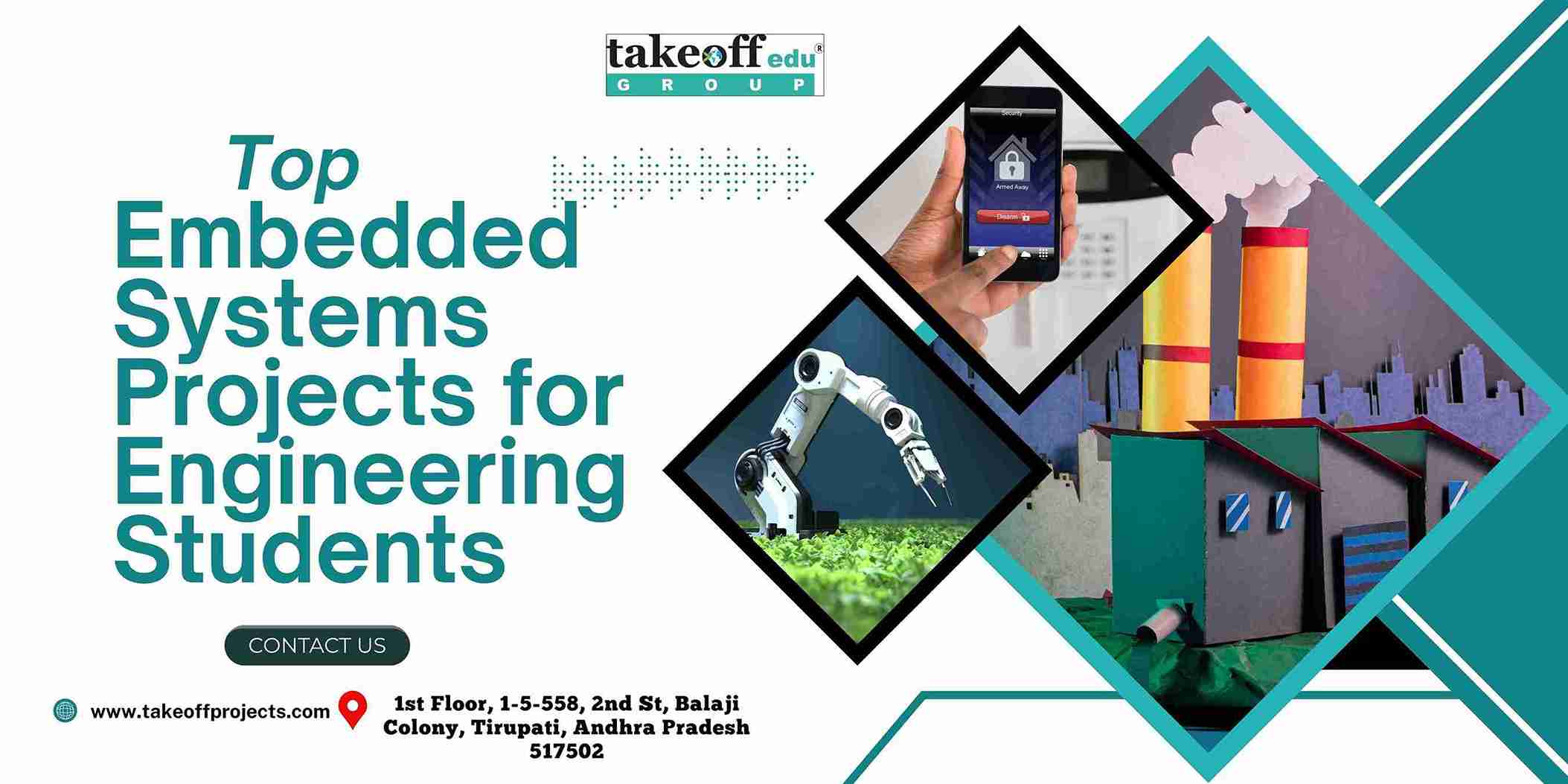 Top Embedded Systems Projects for Engineering Students
Top Embedded Systems Projects for Engineering Students 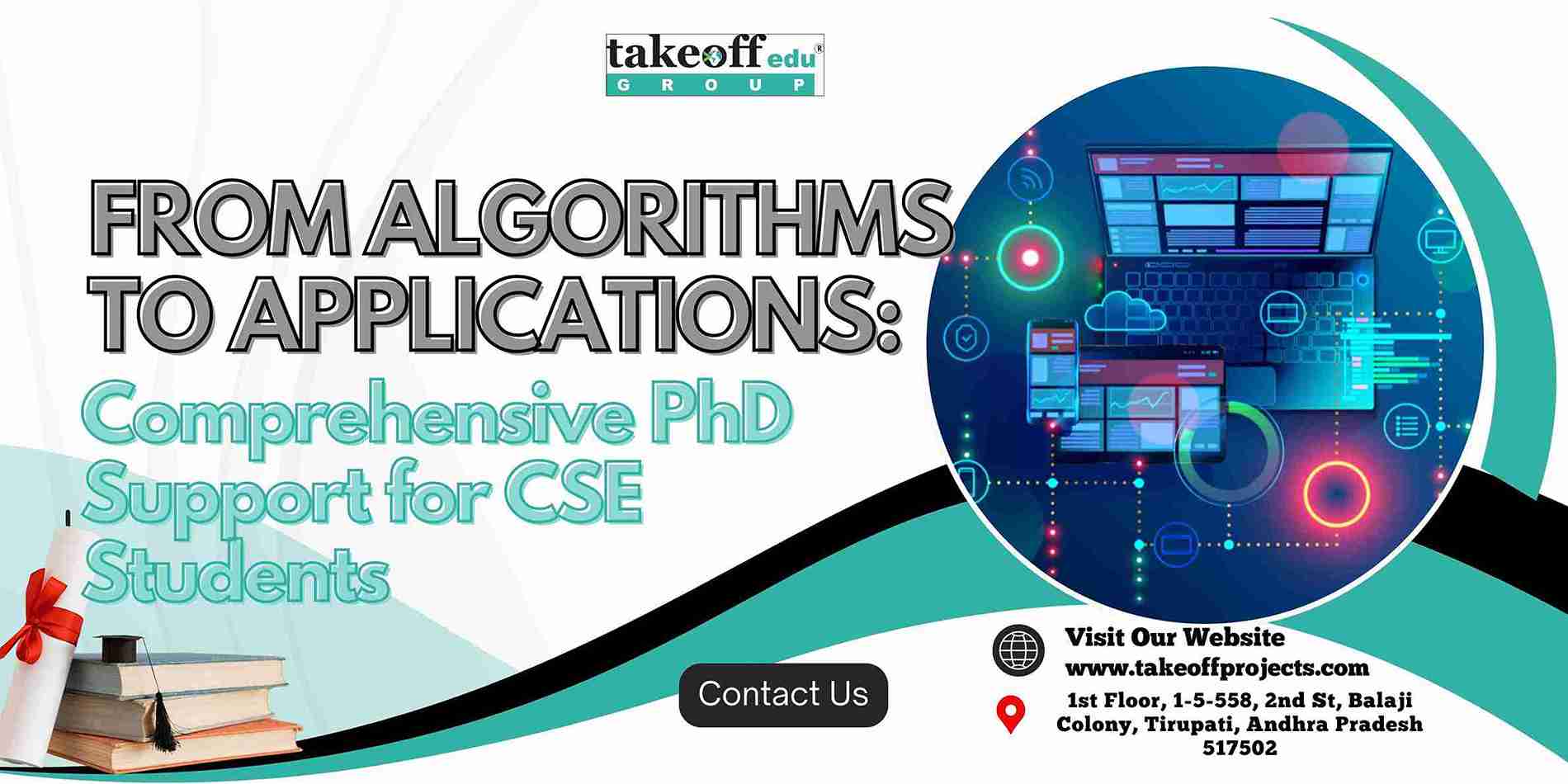 From Algorithms to Applications: Comprehensive PhD Support for CSE Students
From Algorithms to Applications: Comprehensive PhD Support for CSE Students 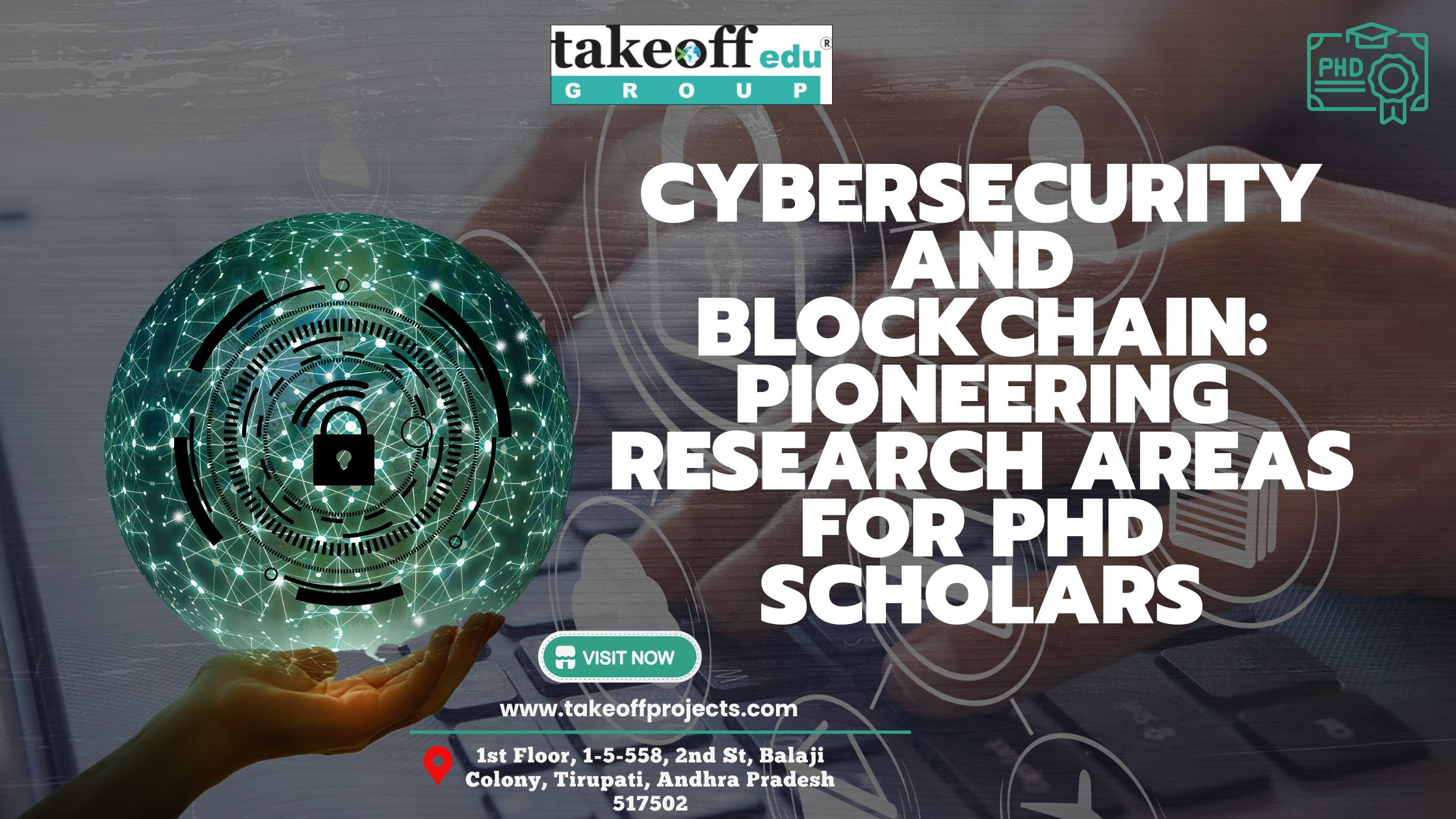 Cybersecurity and Blockchain: Pioneering Research Areas for PhD Scholars
Cybersecurity and Blockchain: Pioneering Research Areas for PhD Scholars  The Art of Writing High-Impact Research Papers in CSE Domains
The Art of Writing High-Impact Research Papers in CSE Domains 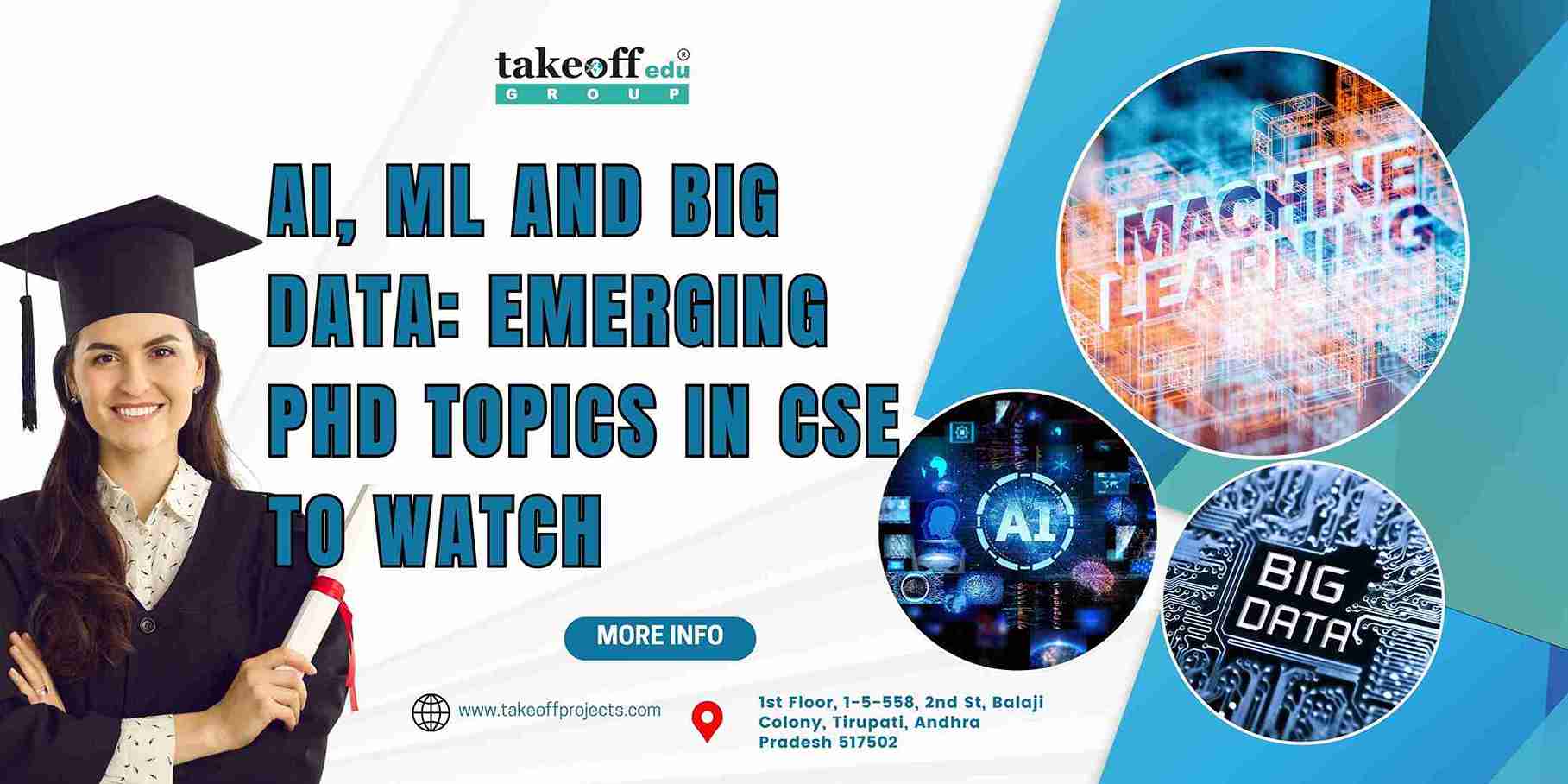 AI, ML, and Big Data: Emerging PhD Topics in CSE to Watch
AI, ML, and Big Data: Emerging PhD Topics in CSE to Watch 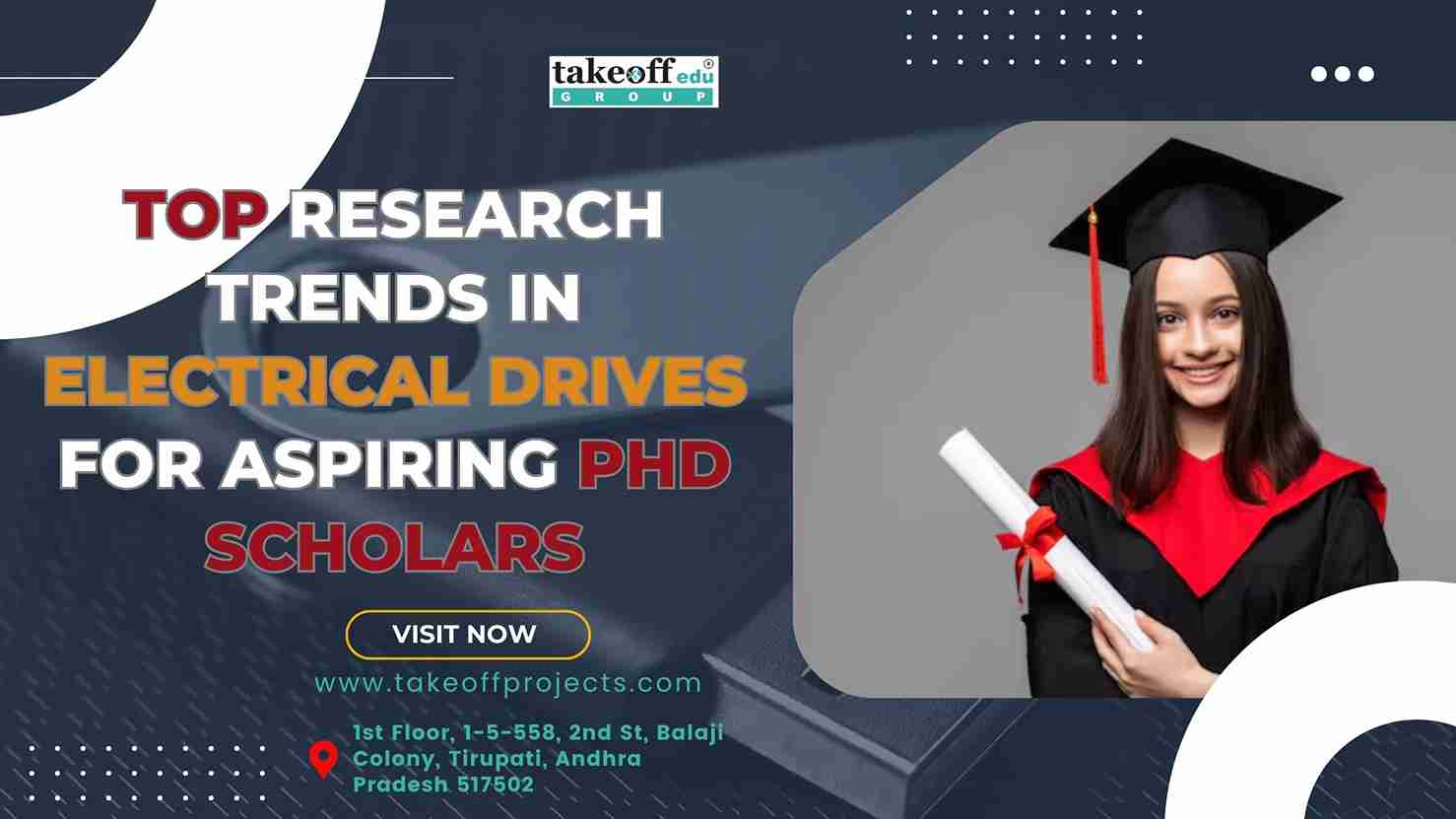 Top Research Trends in Electrical Drives for Aspiring PhD Scholars
Top Research Trends in Electrical Drives for Aspiring PhD Scholars 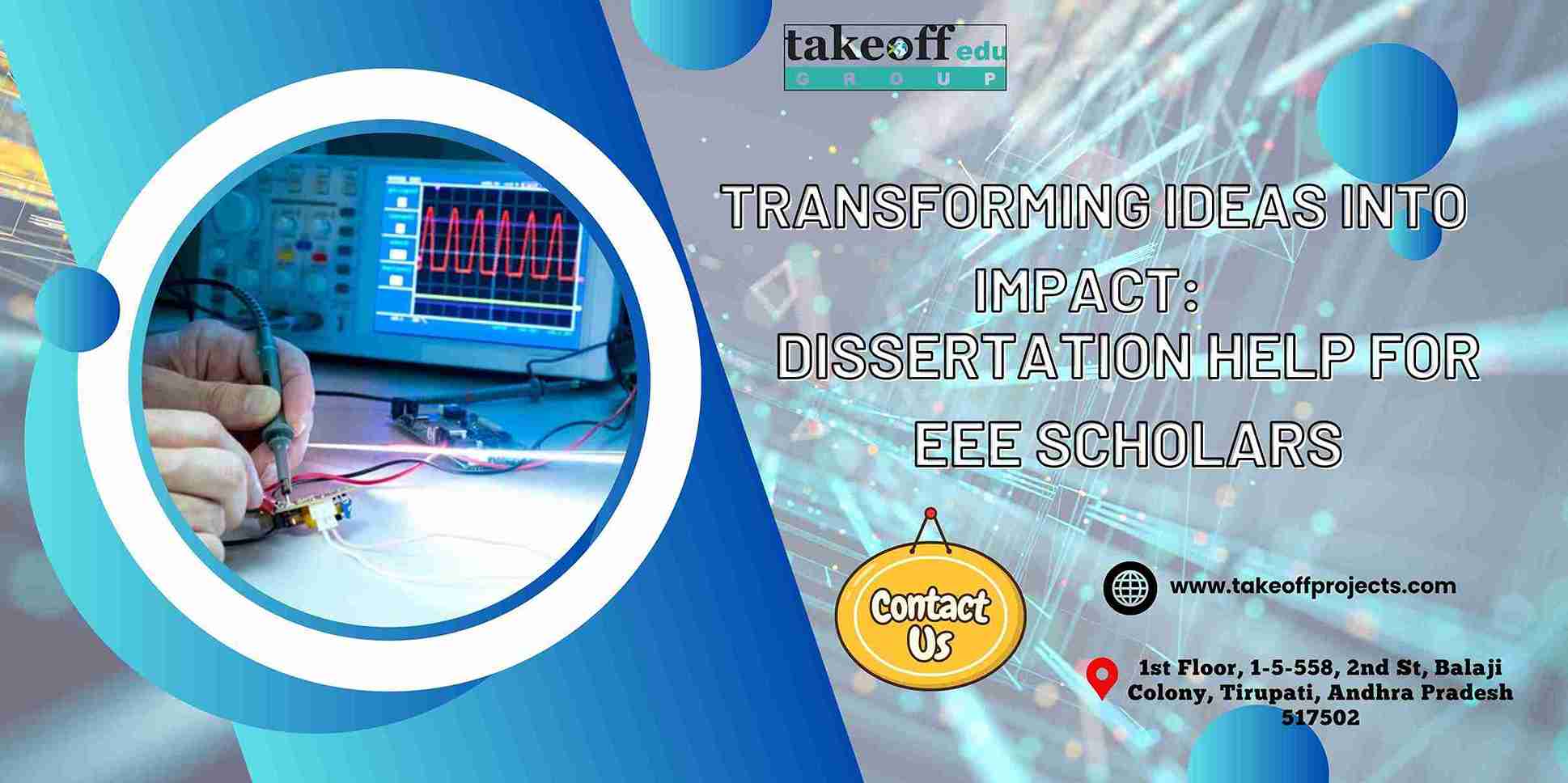 Transforming Ideas into Impact: Dissertation Help for EEE Scholars
Transforming Ideas into Impact: Dissertation Help for EEE Scholars 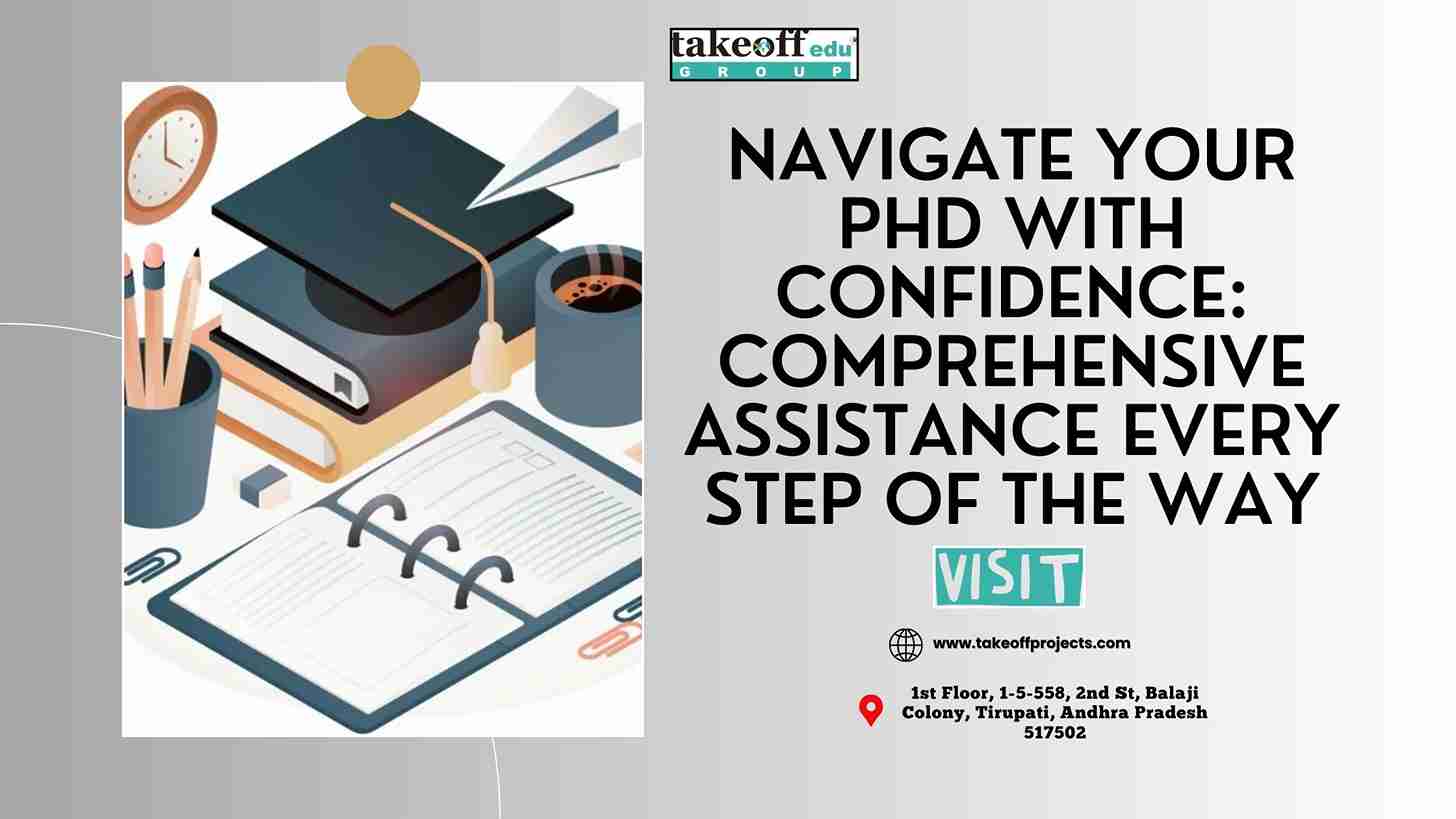 Navigate Your PhD with Confidence: Comprehensive Assistance Every Step of the Way
Navigate Your PhD with Confidence: Comprehensive Assistance Every Step of the Way  ECE Dissertation Success: Expert Tips for Writing and Publishing your Academic Success
ECE Dissertation Success: Expert Tips for Writing and Publishing your Academic Success 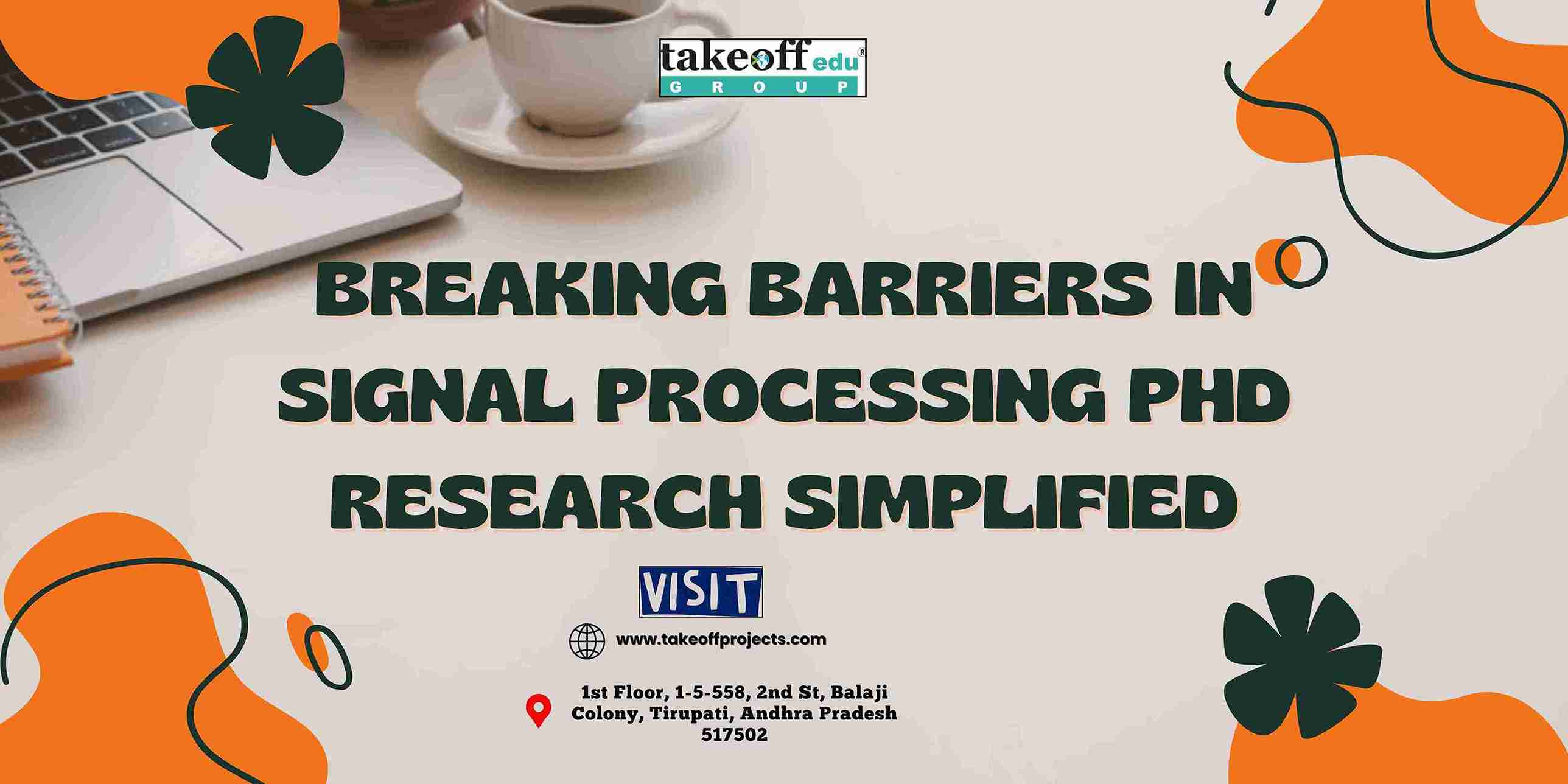 Breaking Barriers in Signal Processing: PhD Research Simplified
Breaking Barriers in Signal Processing: PhD Research Simplified 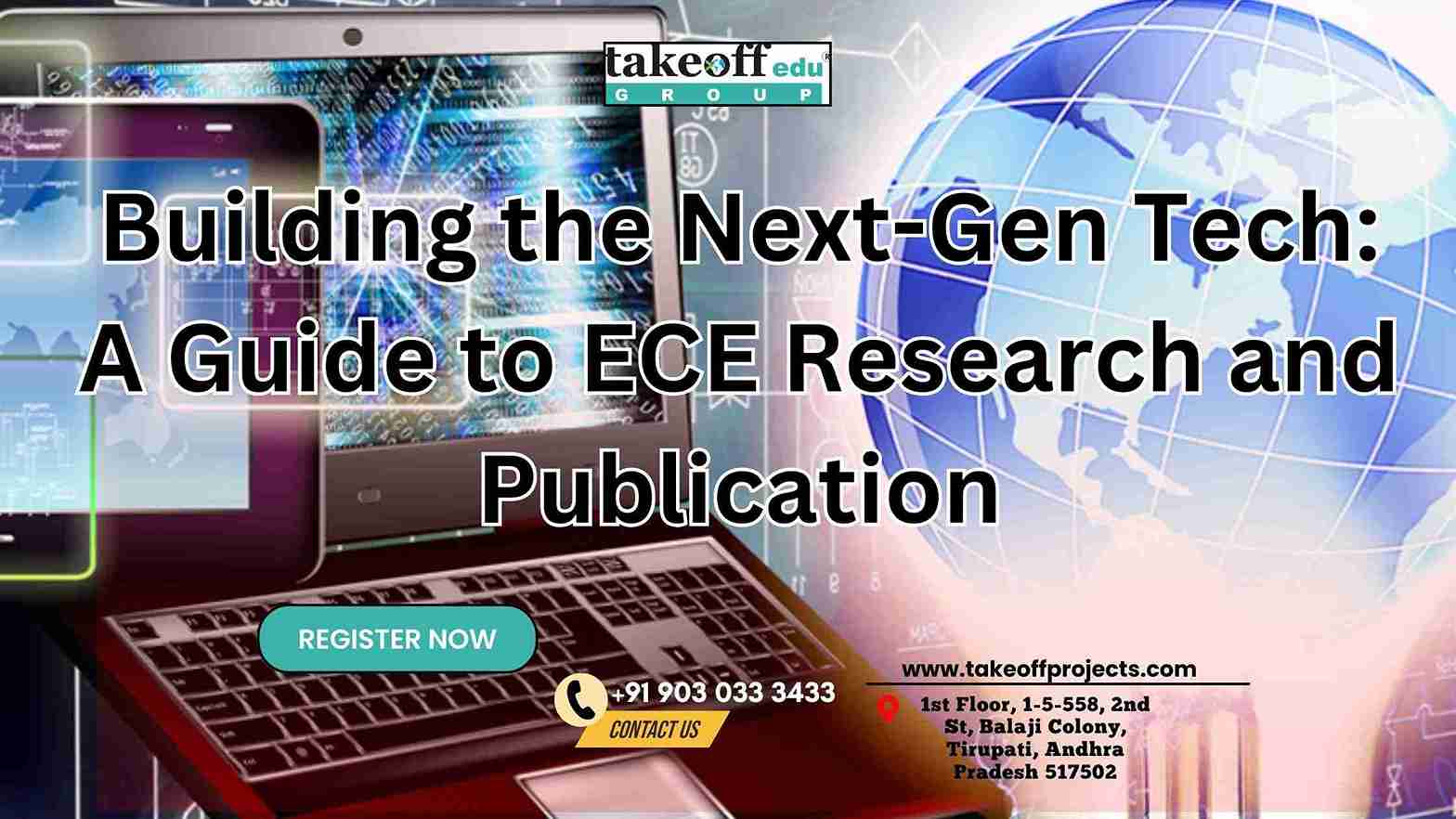 Building the Next-Gen Tech: A Guide to ECE Research and Publication
Building the Next-Gen Tech: A Guide to ECE Research and Publication 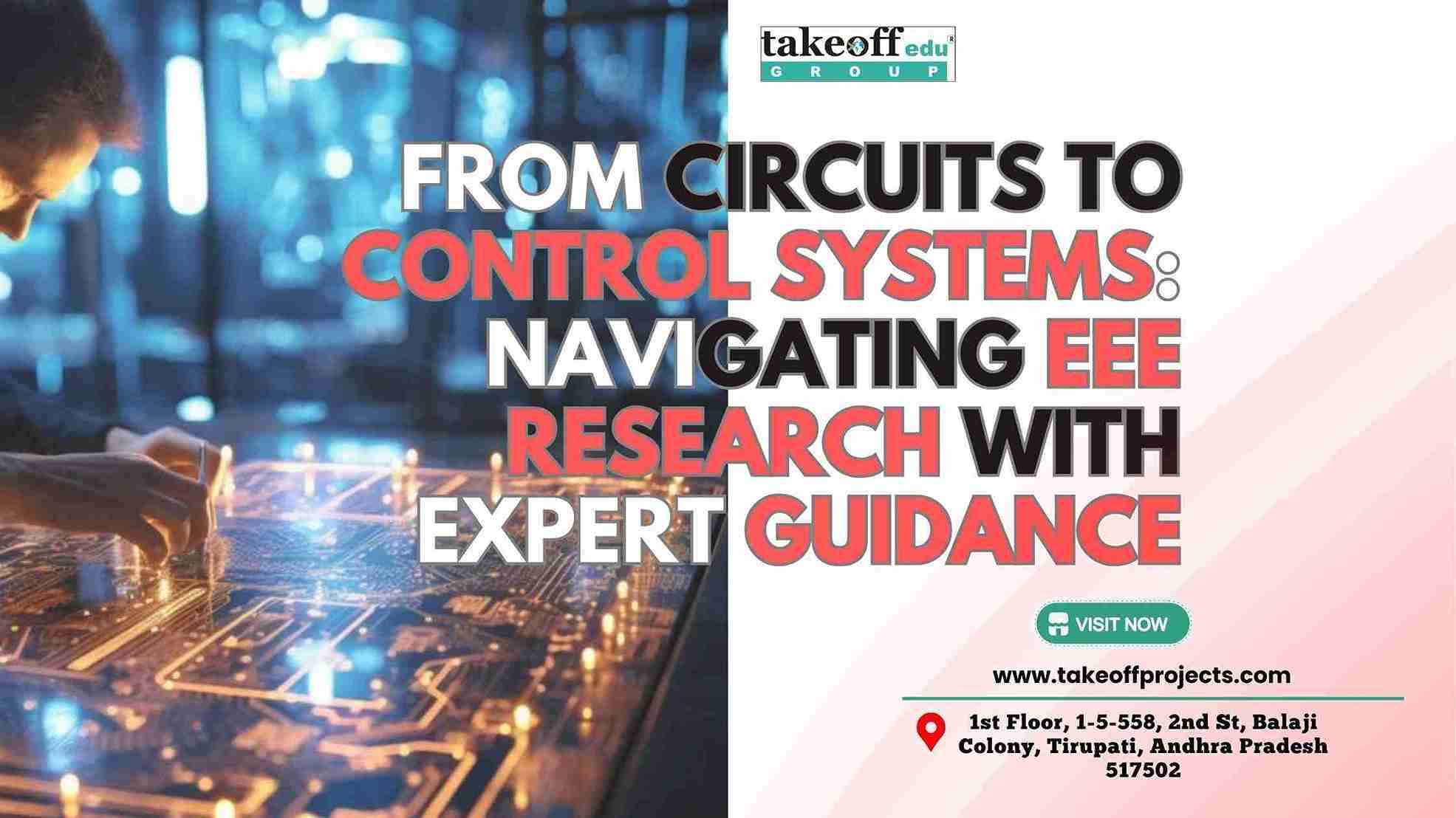 From Circuits to Control Systems: Navigating EEE Research with Expert Guidance
From Circuits to Control Systems: Navigating EEE Research with Expert Guidance 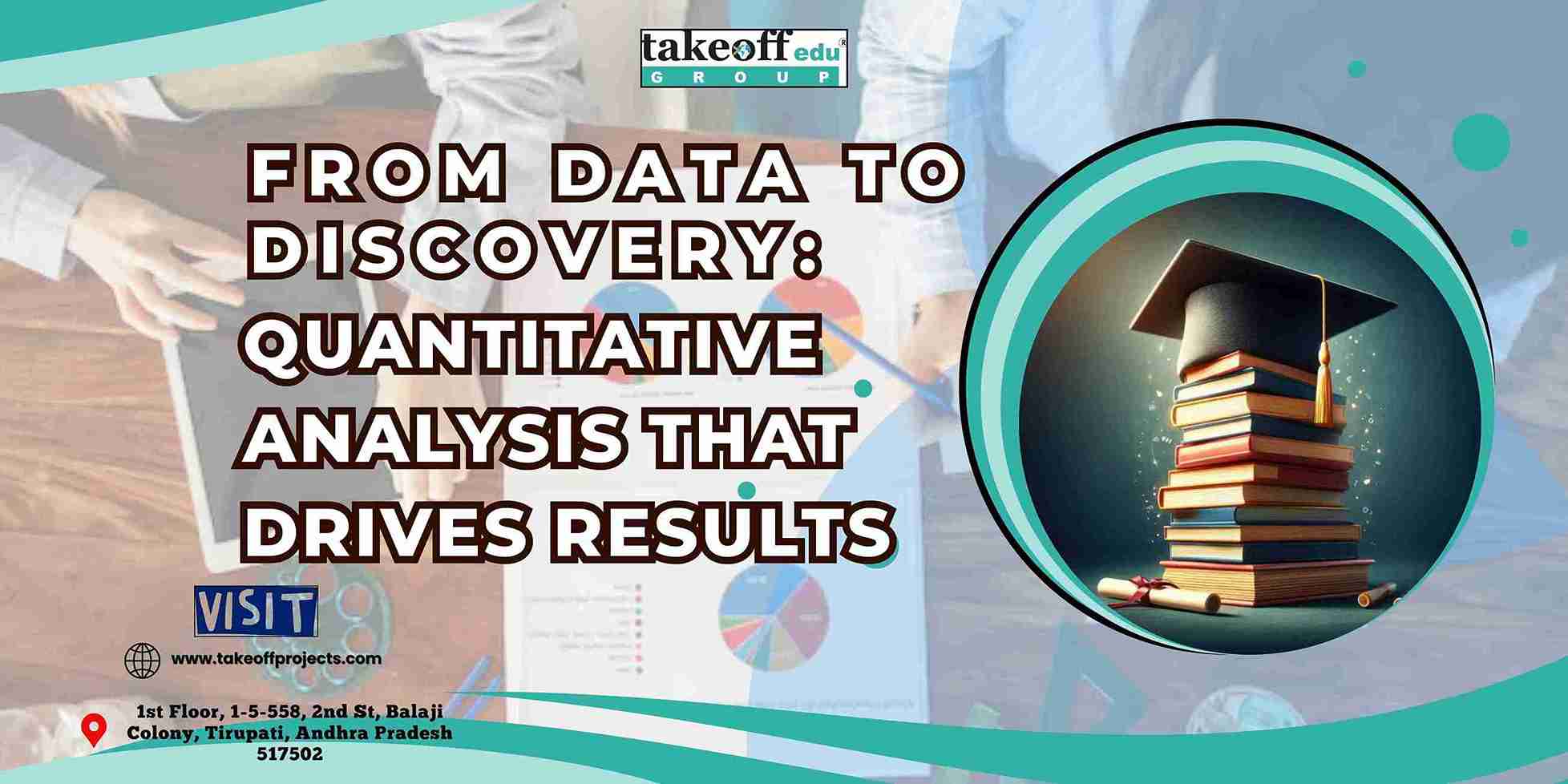 From Data to Discovery: Quantitative Analysis That Drives Results
From Data to Discovery: Quantitative Analysis That Drives Results 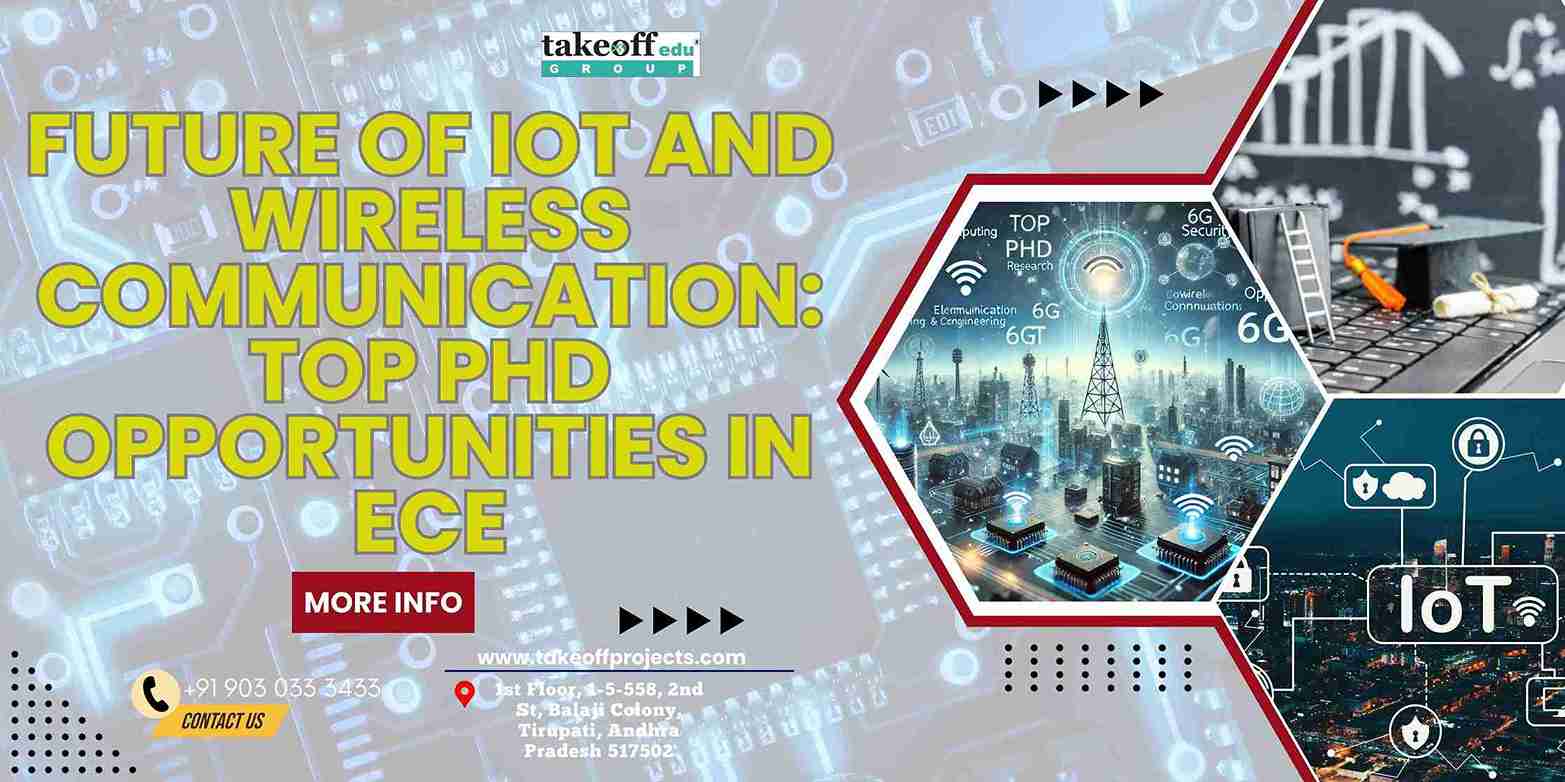 Future of IoT and Wireless Communication: Top PhD Opportunities in ECE
Future of IoT and Wireless Communication: Top PhD Opportunities in ECE  Top PhD Topics Energy Management in Power Electronics
Top PhD Topics Energy Management in Power Electronics 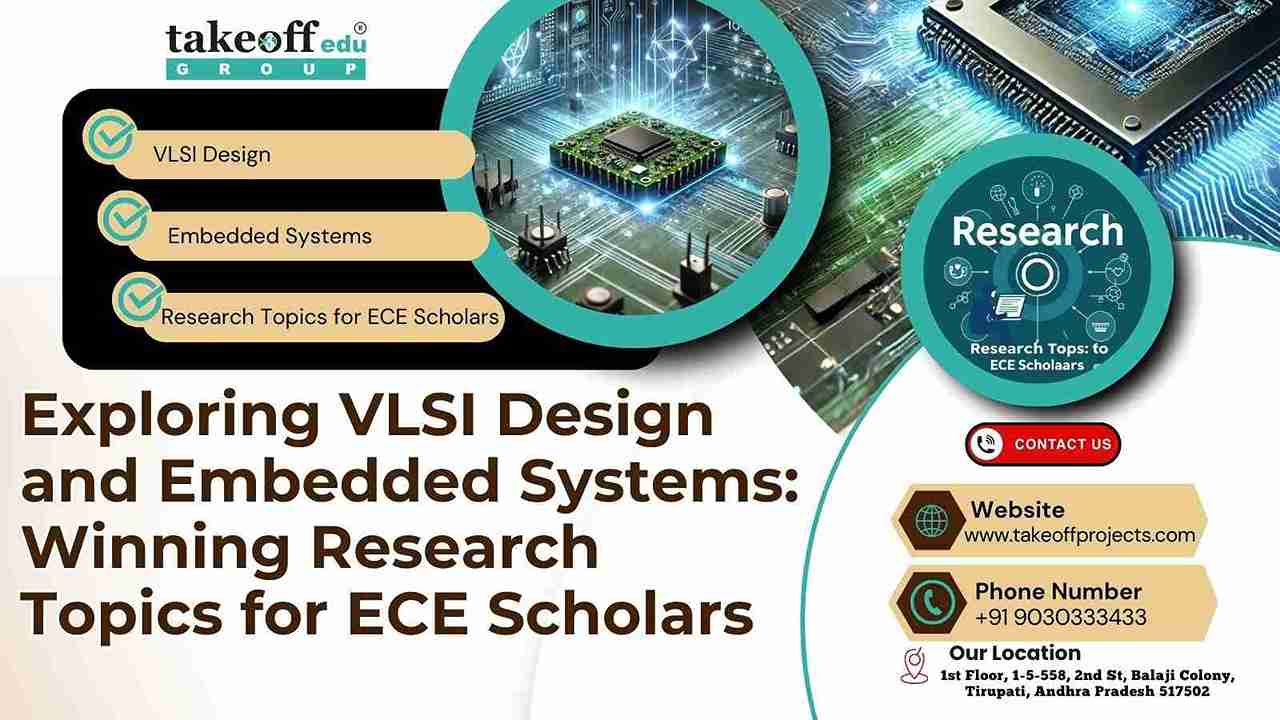 Exploring VLSI Design and Embedded Systems: Winning Research Topics for ECE Scholars
Exploring VLSI Design and Embedded Systems: Winning Research Topics for ECE Scholars  Expert-Approved Techniques for Crafting a Winning PhD Synopsis
Expert-Approved Techniques for Crafting a Winning PhD Synopsis 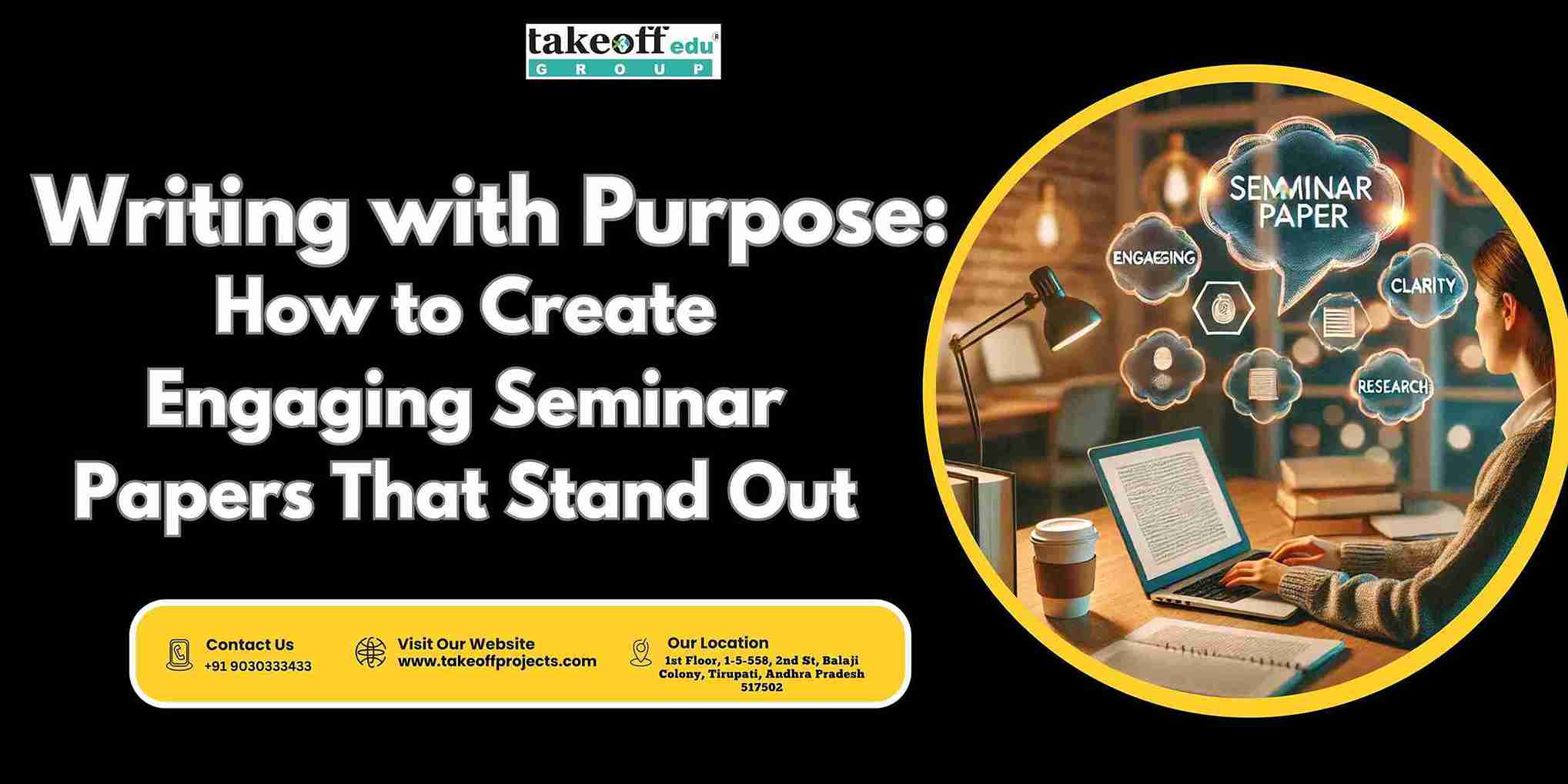 Writing with Purpose: How to Create Engaging Seminar Papers That Stand Out
Writing with Purpose: How to Create Engaging Seminar Papers That Stand Out 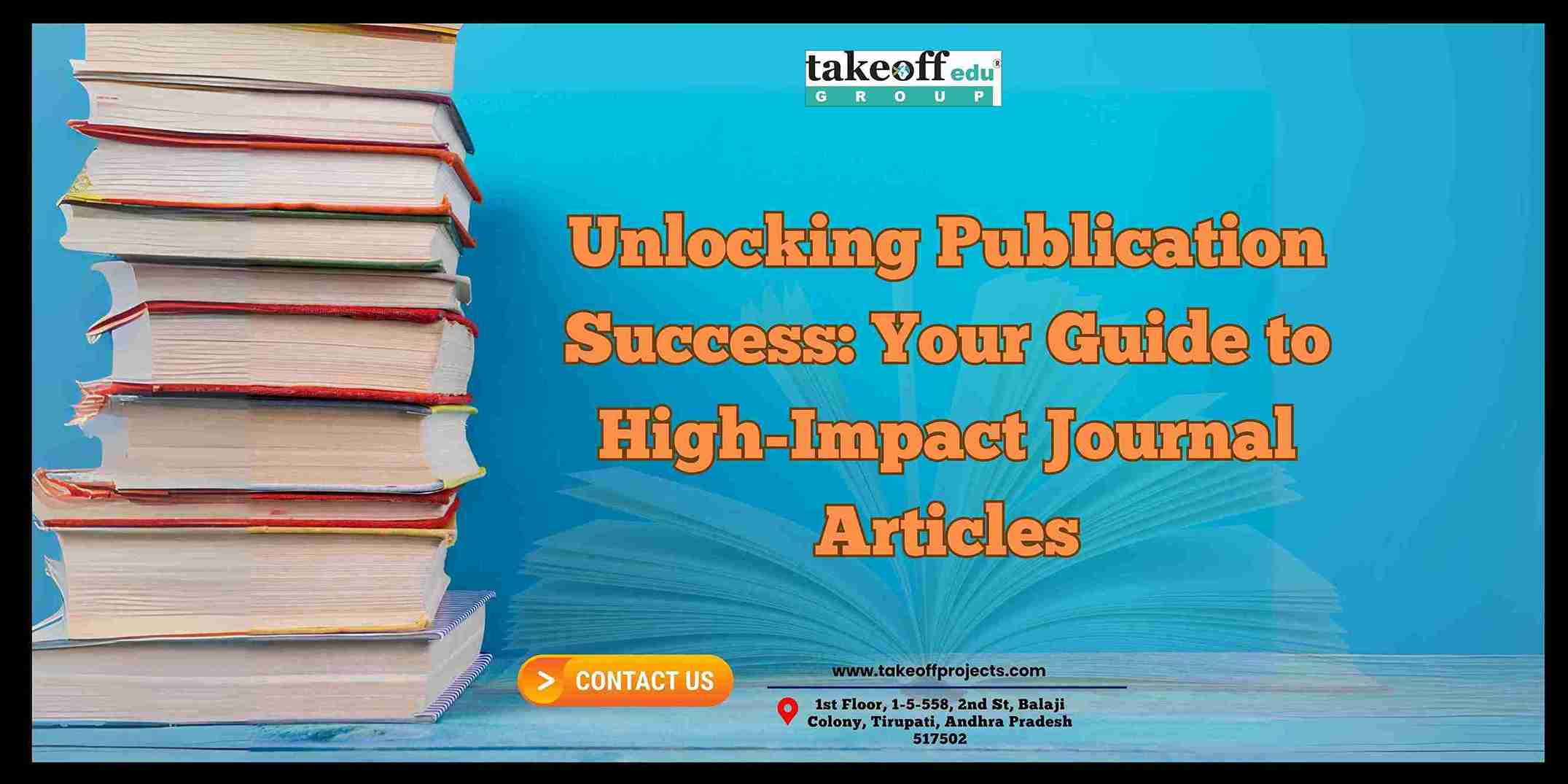 Unlocking Publication Success: Your Guide to High-Impact Journal Articles
Unlocking Publication Success: Your Guide to High-Impact Journal Articles 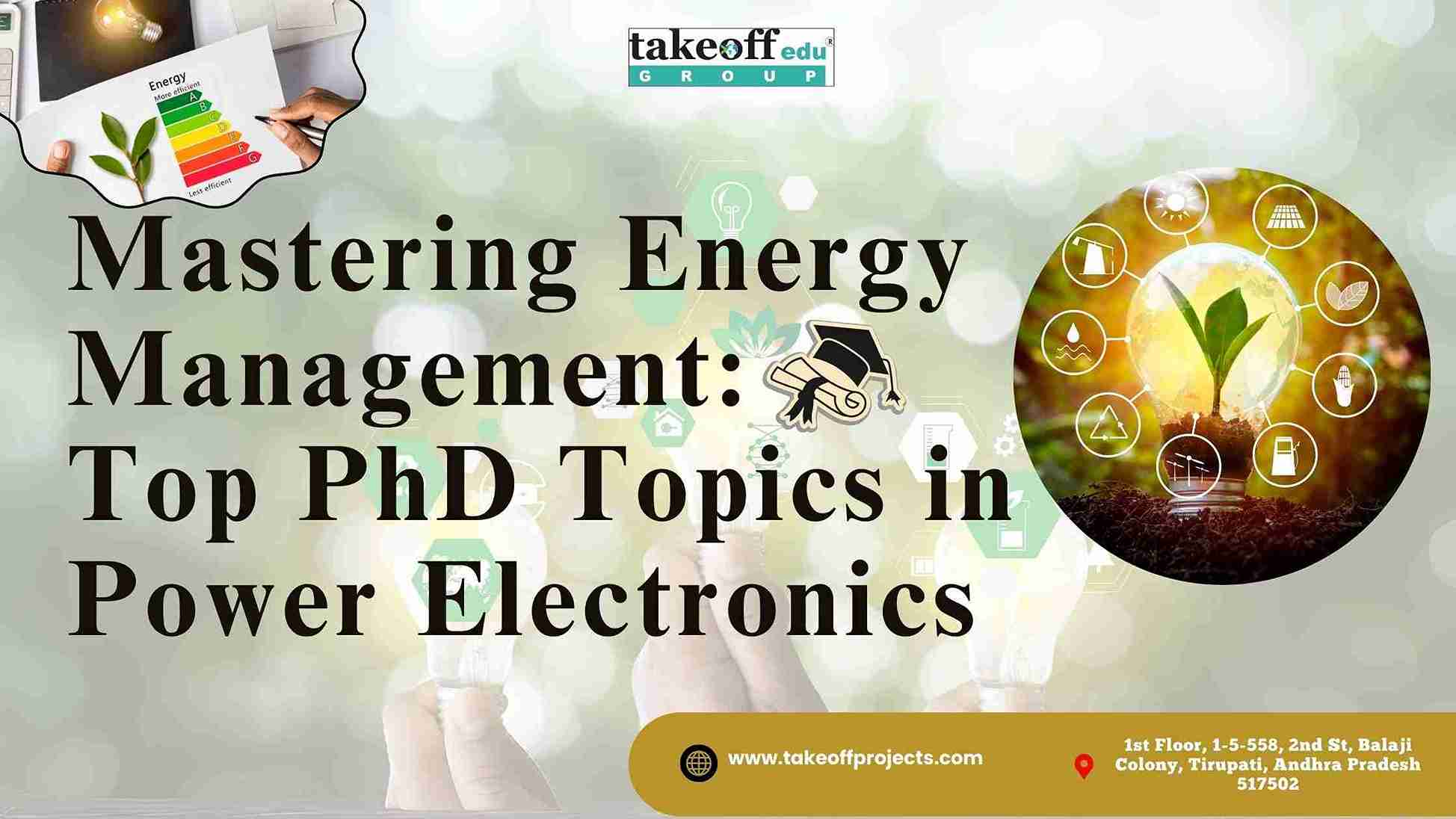 Mastering Energy Management: Top PhD Topics in Power Electronics
Mastering Energy Management: Top PhD Topics in Power Electronics 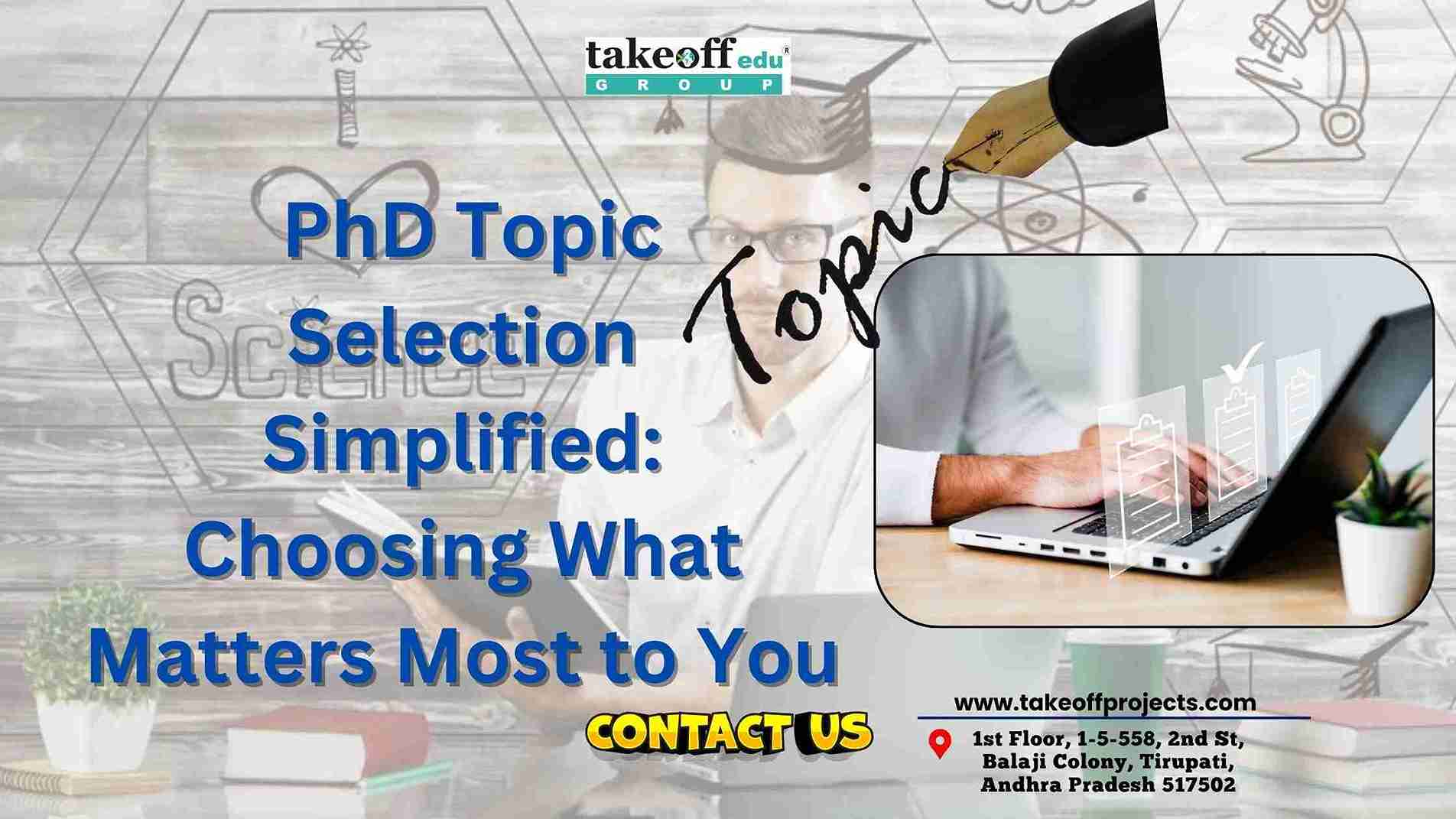 PhD Topic Selection Simplified: Choosing What Matters Most to You
PhD Topic Selection Simplified: Choosing What Matters Most to You 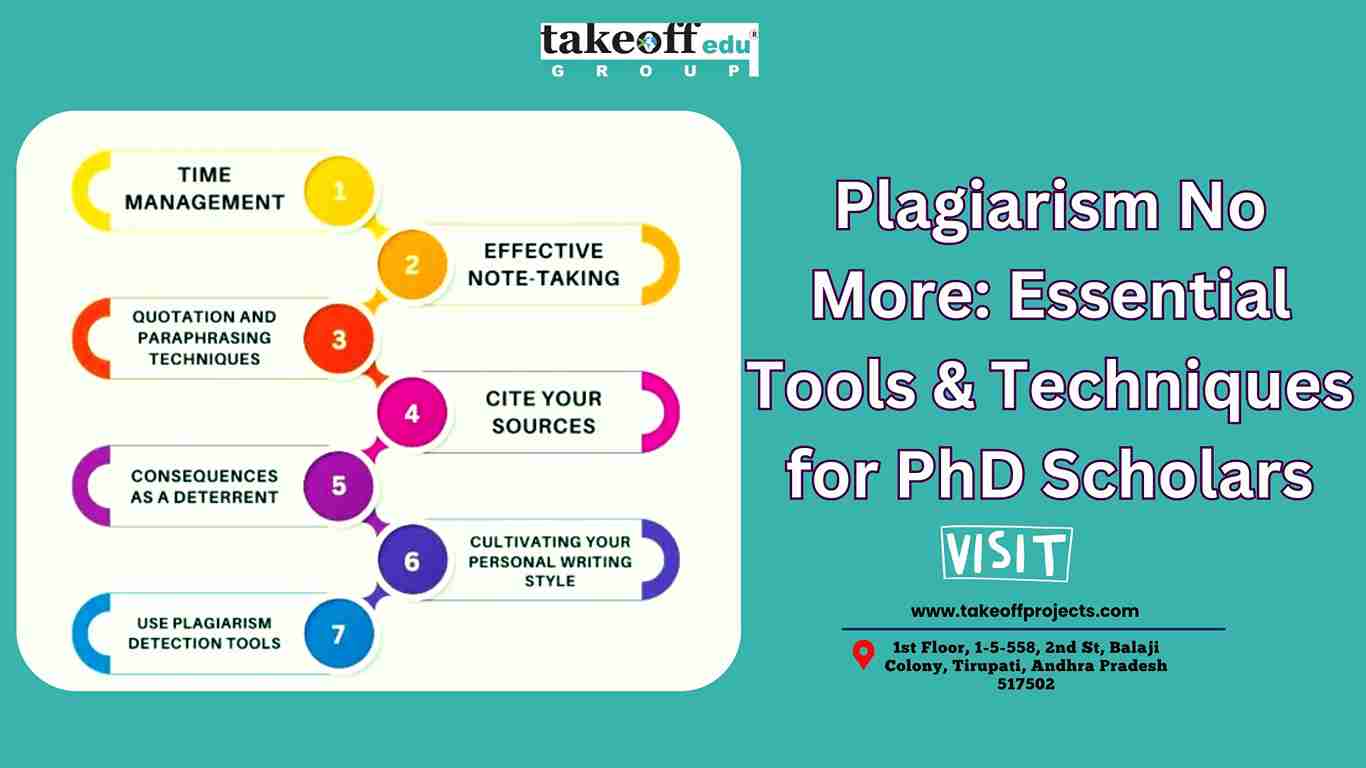 Plagiarism No More: Essential Tools and Techniques for PhD Scholars
Plagiarism No More: Essential Tools and Techniques for PhD Scholars 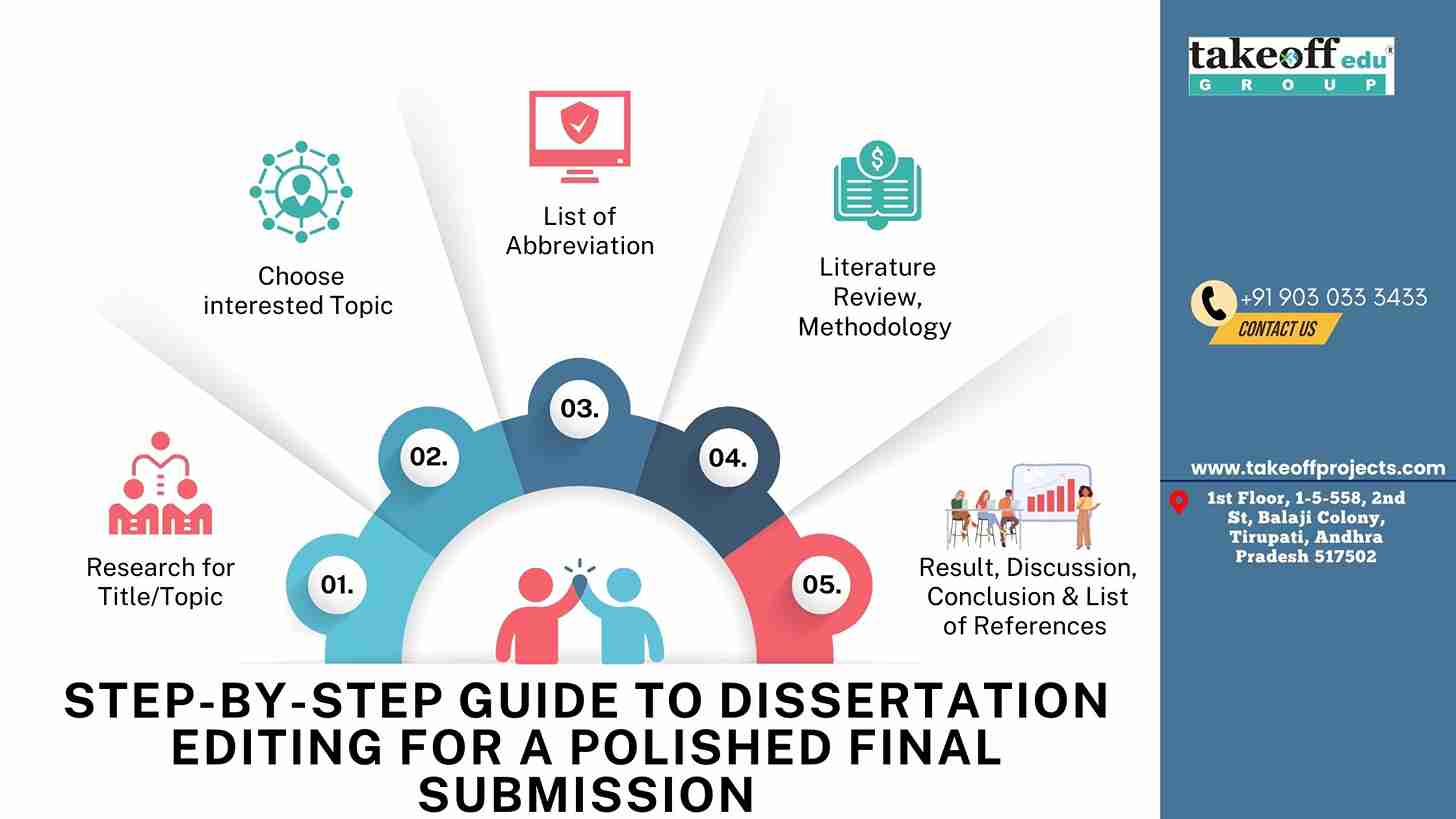 Step-by-Step Guide to Dissertation Editing for a Polished Final Submission
Step-by-Step Guide to Dissertation Editing for a Polished Final Submission  Why Literature Review Is the Backbone of Your PhD Research?
Why Literature Review Is the Backbone of Your PhD Research? 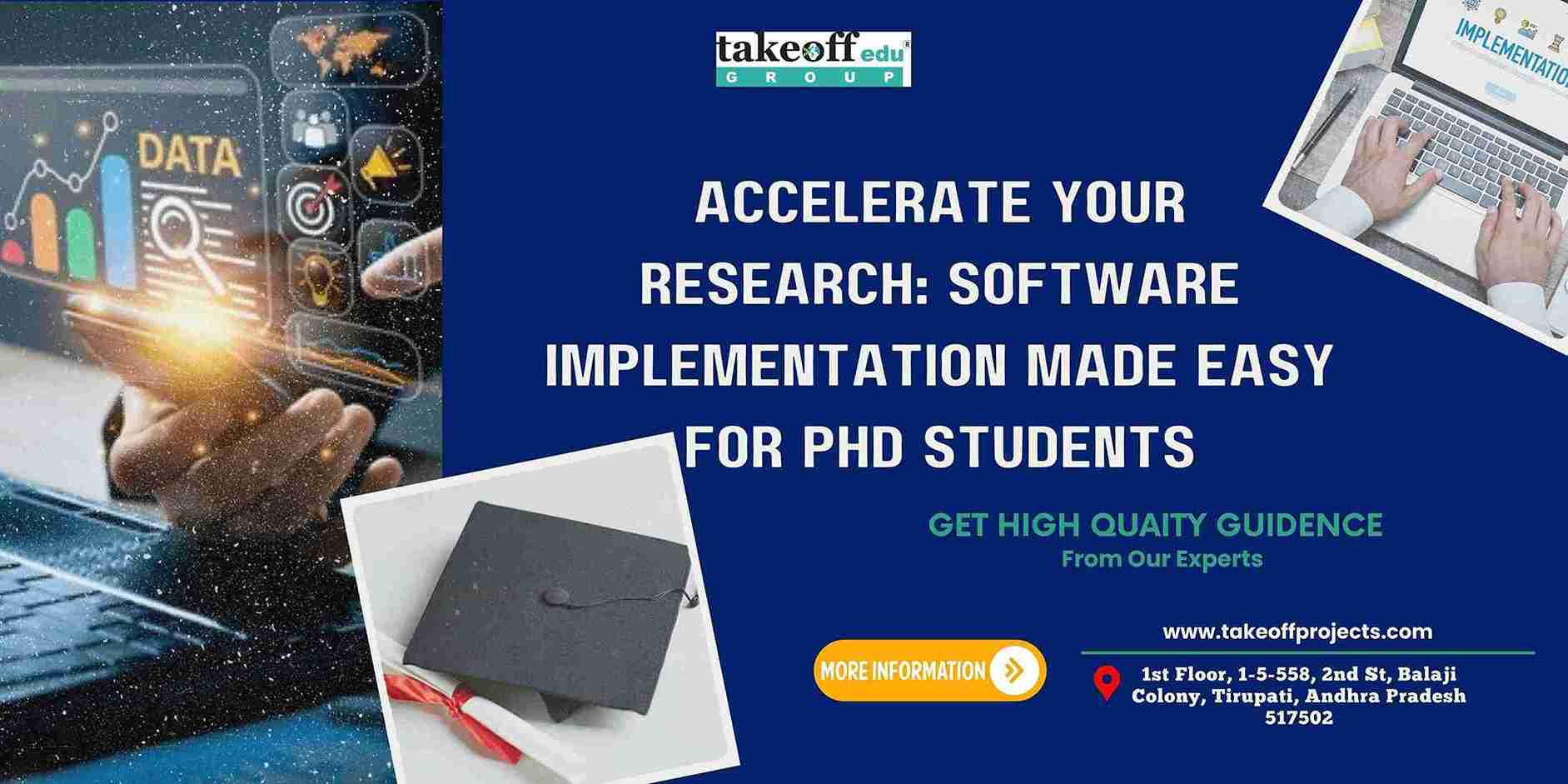 Accelerate Your Research: Software Implementation Made Easy for PhD Students
Accelerate Your Research: Software Implementation Made Easy for PhD Students  Stress-Free PhD Viva Voce Preparation: Expert Tips to Impress Examiners
Stress-Free PhD Viva Voce Preparation: Expert Tips to Impress Examiners 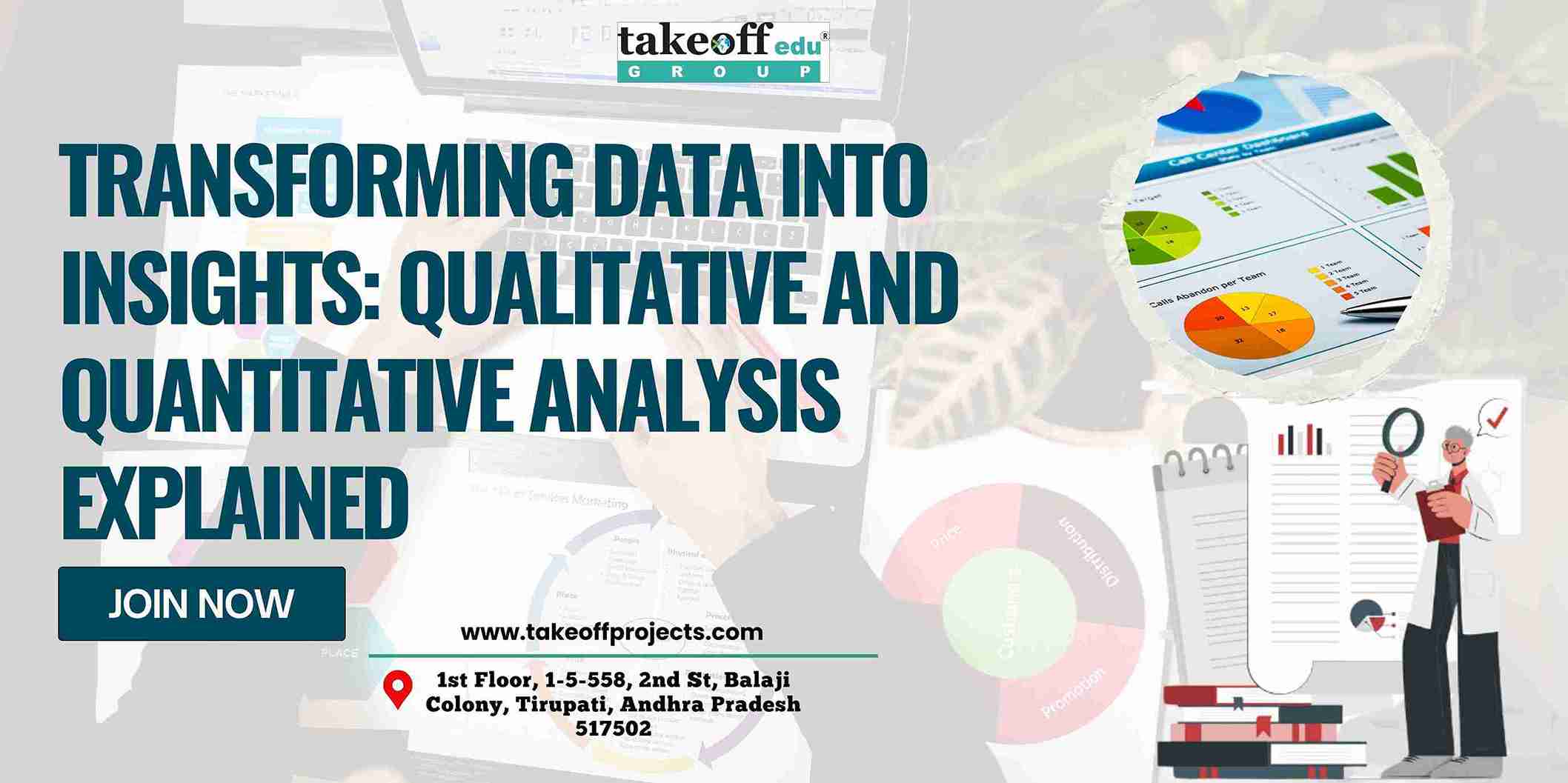 Transforming Data into Insights: Qualitative and Quantitative Analysis Explained
Transforming Data into Insights: Qualitative and Quantitative Analysis Explained 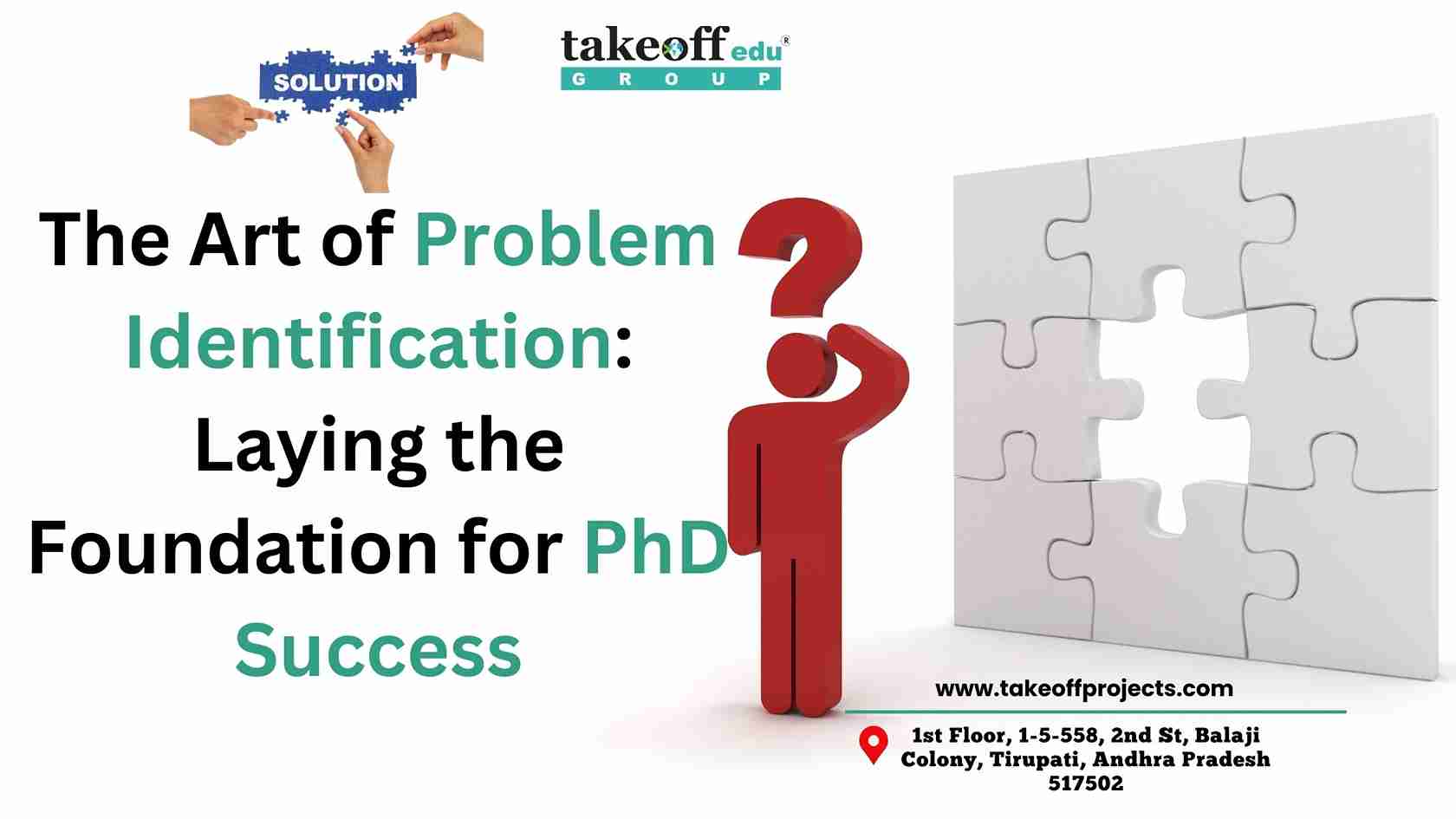 The Art of Problem Identification: Laying the Foundation for PhD Success
The Art of Problem Identification: Laying the Foundation for PhD Success  Say Goodbye to Plagiarism Worries: A Guide to Flawless Dissertation Writing
Say Goodbye to Plagiarism Worries: A Guide to Flawless Dissertation Writing 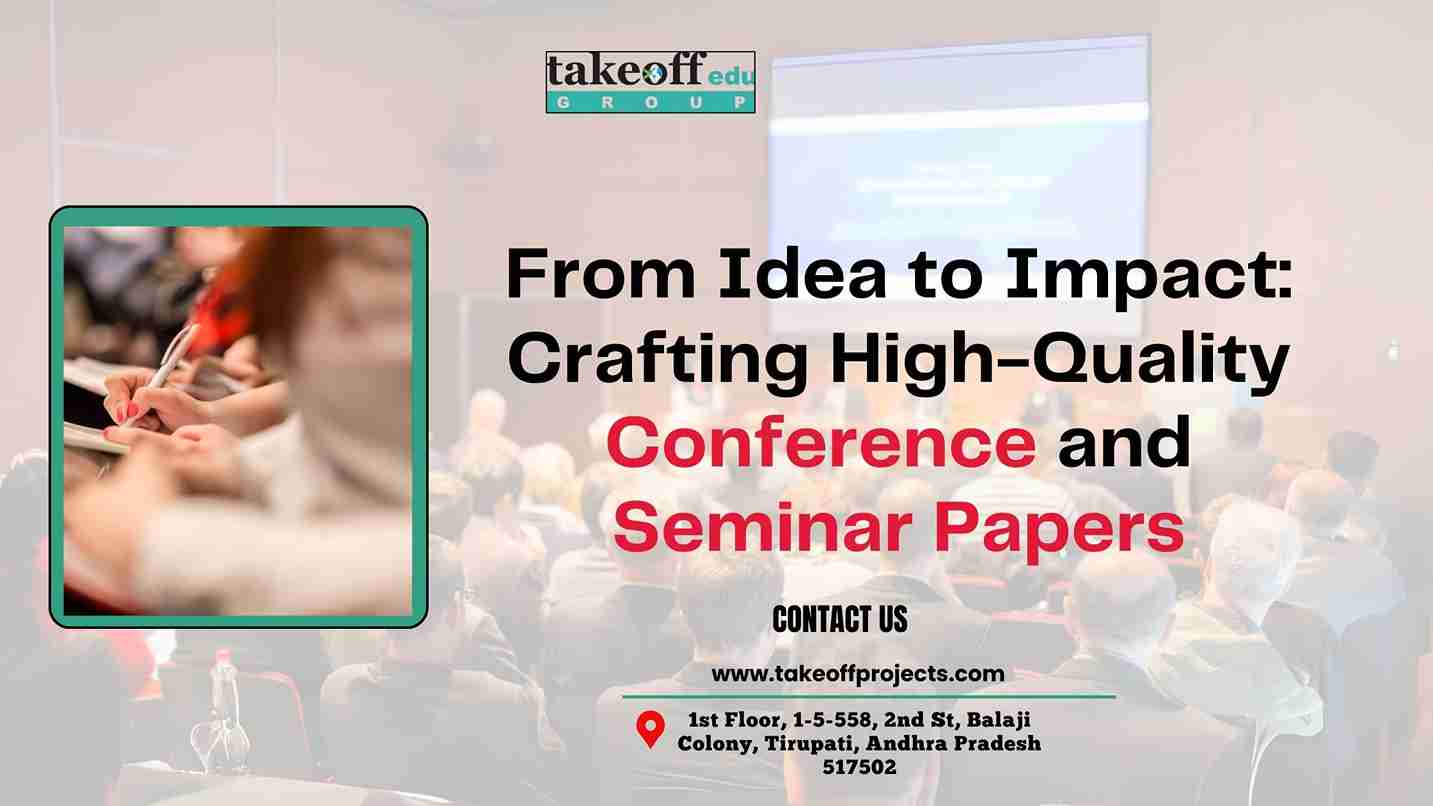 From Idea to Impact: Crafting High-Quality Conference and Seminar Papers
From Idea to Impact: Crafting High-Quality Conference and Seminar Papers 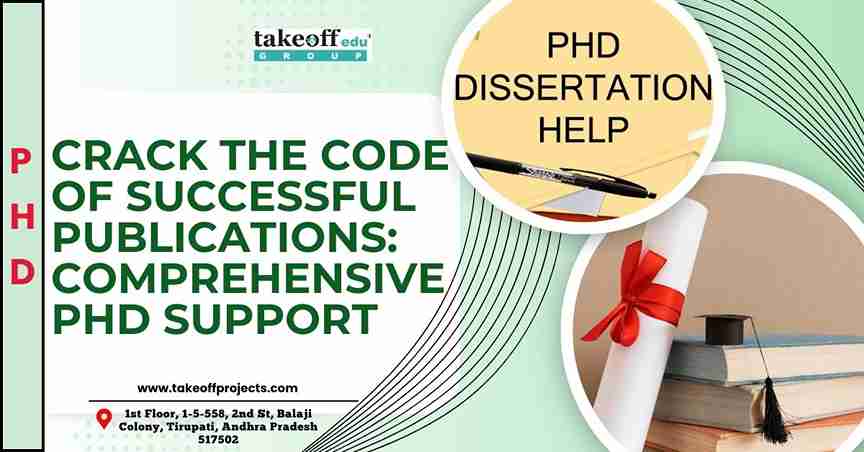 Crack the Code of Successful Publications: Comprehensive PhD Support
Crack the Code of Successful Publications: Comprehensive PhD Support 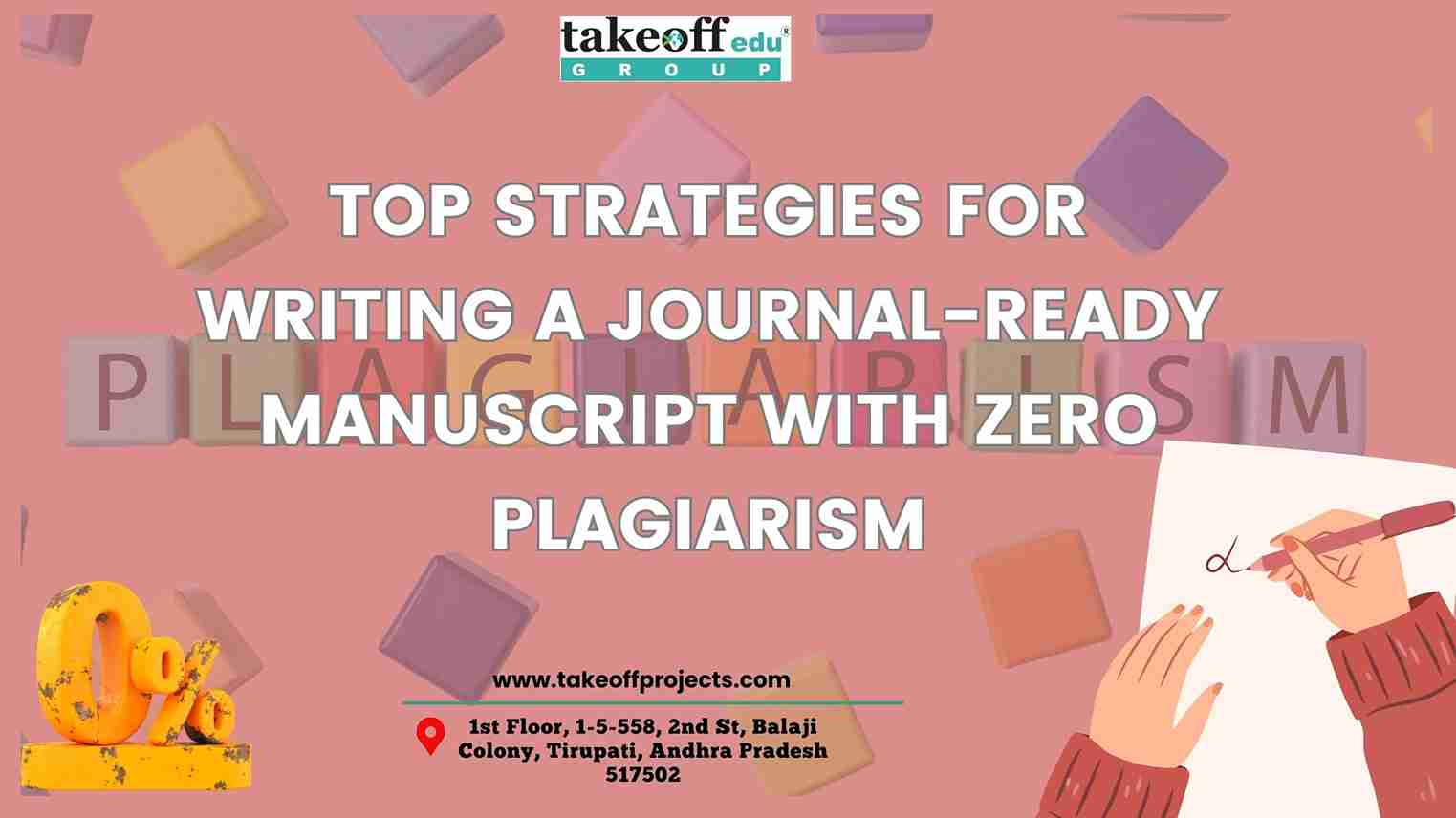 Top Strategies for Writing a Journal Ready Manuscript with Zero Plagiarism
Top Strategies for Writing a Journal Ready Manuscript with Zero Plagiarism  How to Nail Your PhD Research Proposal: Tips from the Pros
How to Nail Your PhD Research Proposal: Tips from the Pros  Understanding the Basics of Power Systems: A Comprehensive Guide
Understanding the Basics of Power Systems: A Comprehensive Guide 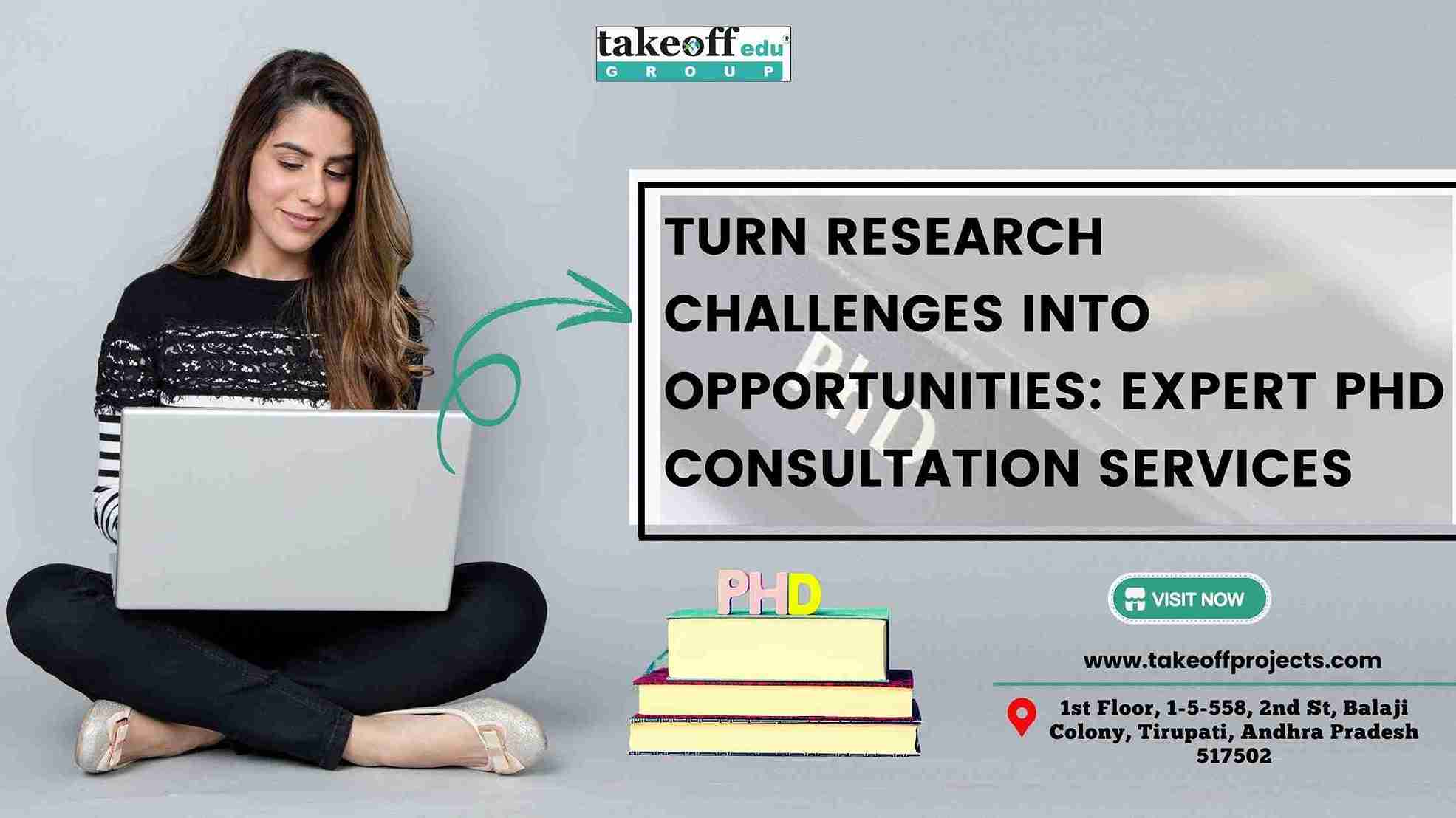 Turn Research Challenges into Opportunities: Expert PhD Consultation Services
Turn Research Challenges into Opportunities: Expert PhD Consultation Services 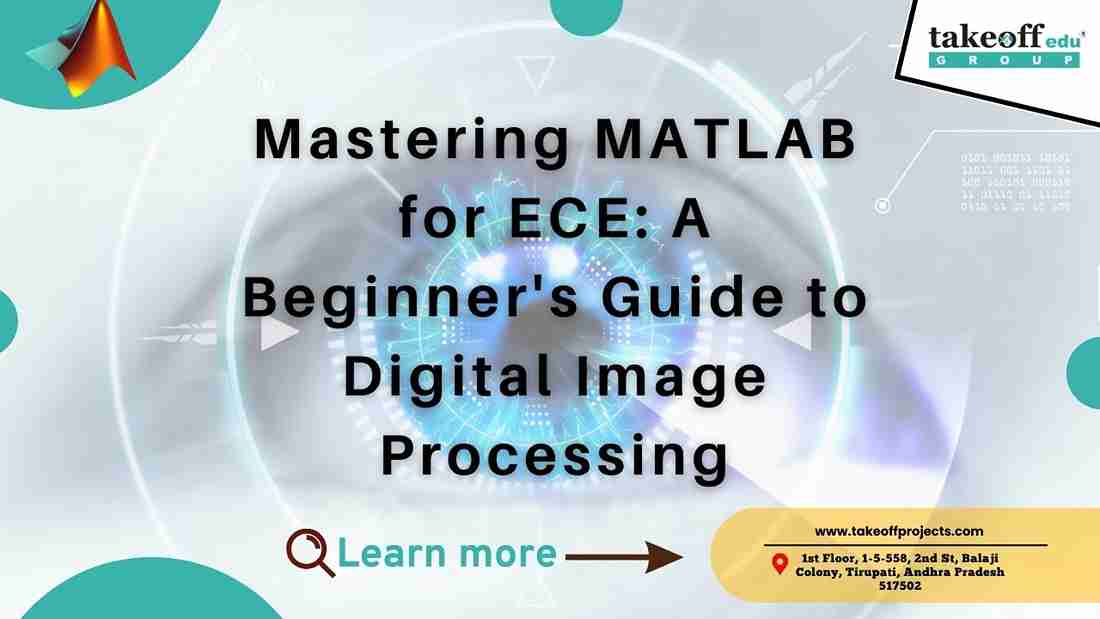 Mastering MATLAB for ECE: A Beginner's Guide to Digital Image Processing
Mastering MATLAB for ECE: A Beginner's Guide to Digital Image Processing 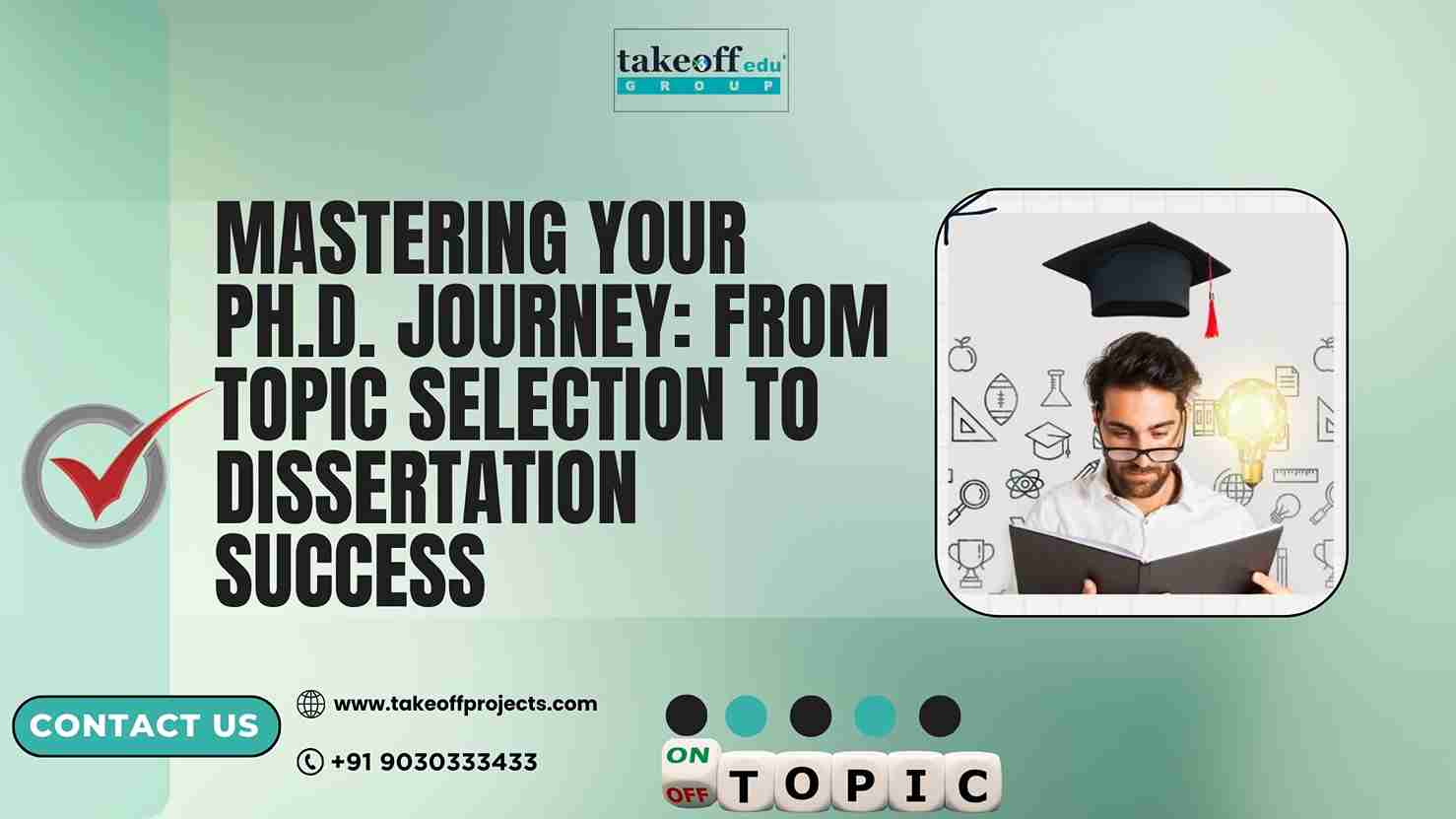 Mastering Your PhD Journey: From Topic Selection to Dissertation Success
Mastering Your PhD Journey: From Topic Selection to Dissertation Success  Assignment Writing Service
Assignment Writing Service 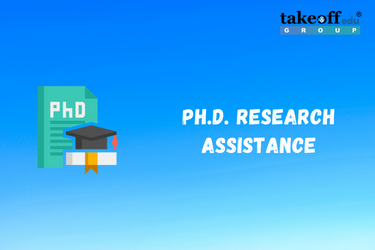 PhD Research Assistance
PhD Research Assistance 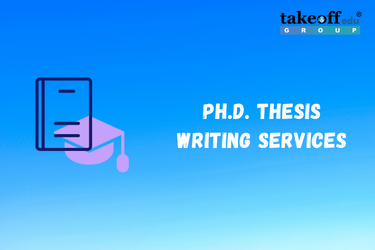 PhD Thesis Writing Services
PhD Thesis Writing Services 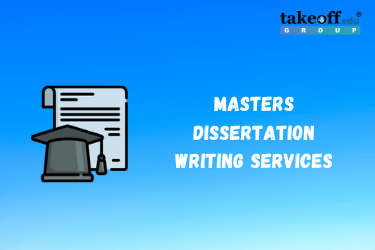 Masters Dissertation Writing
Masters Dissertation Writing 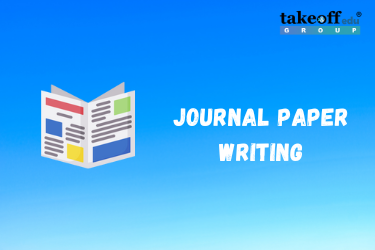 Journal Paper Writing
Journal Paper Writing 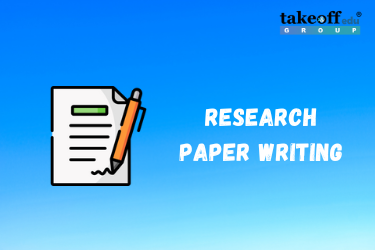 Research Paper Writing Services
Research Paper Writing Services 
 Paper Publishing
Paper Publishing


